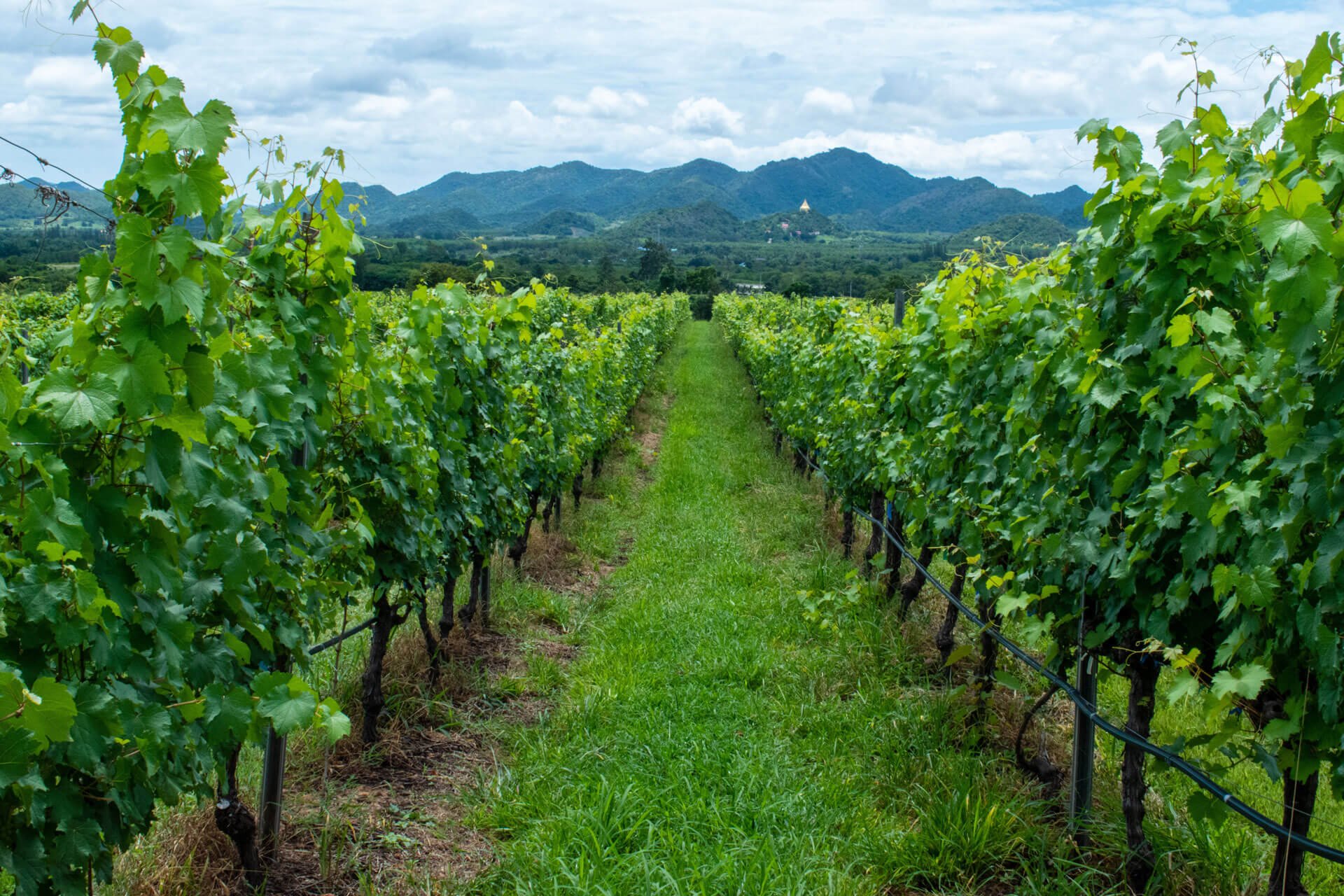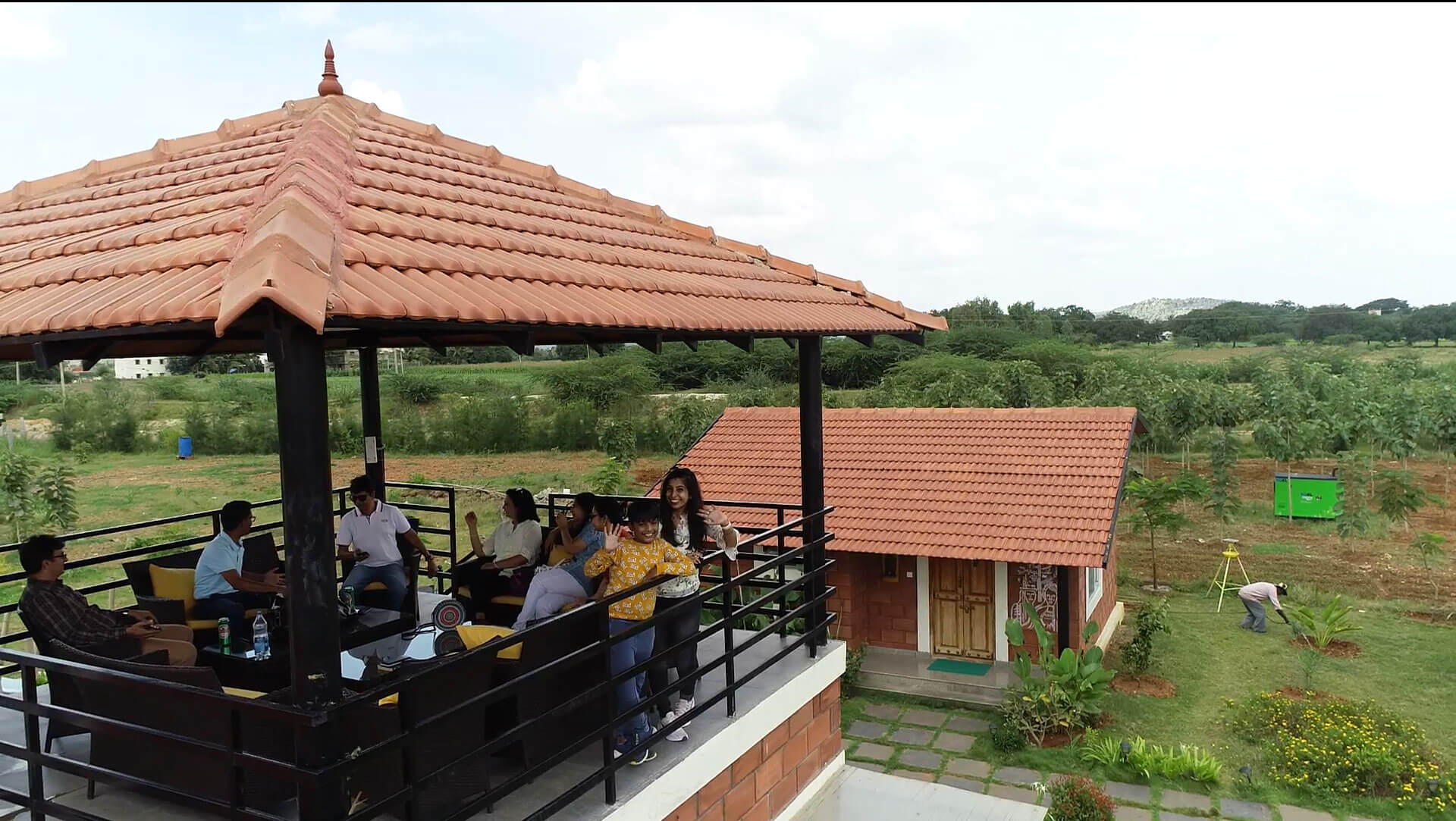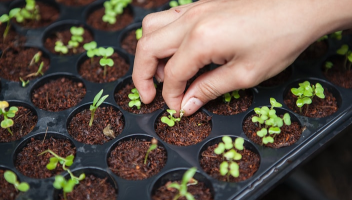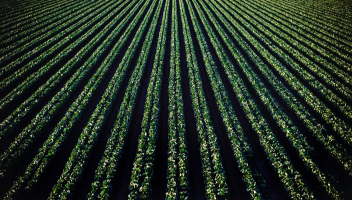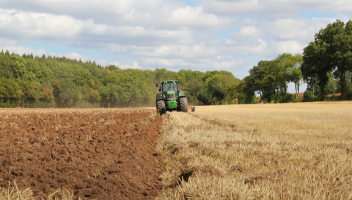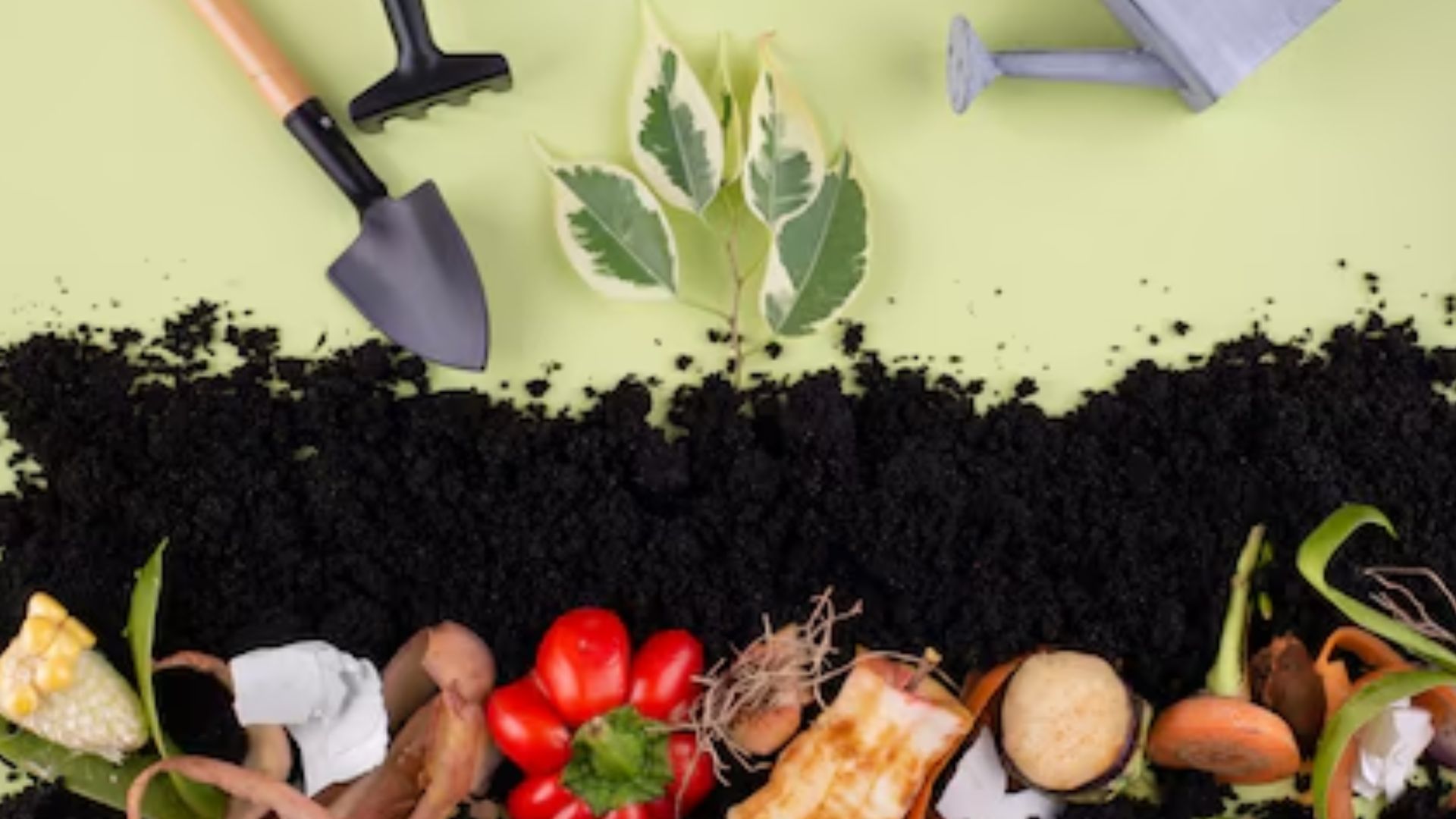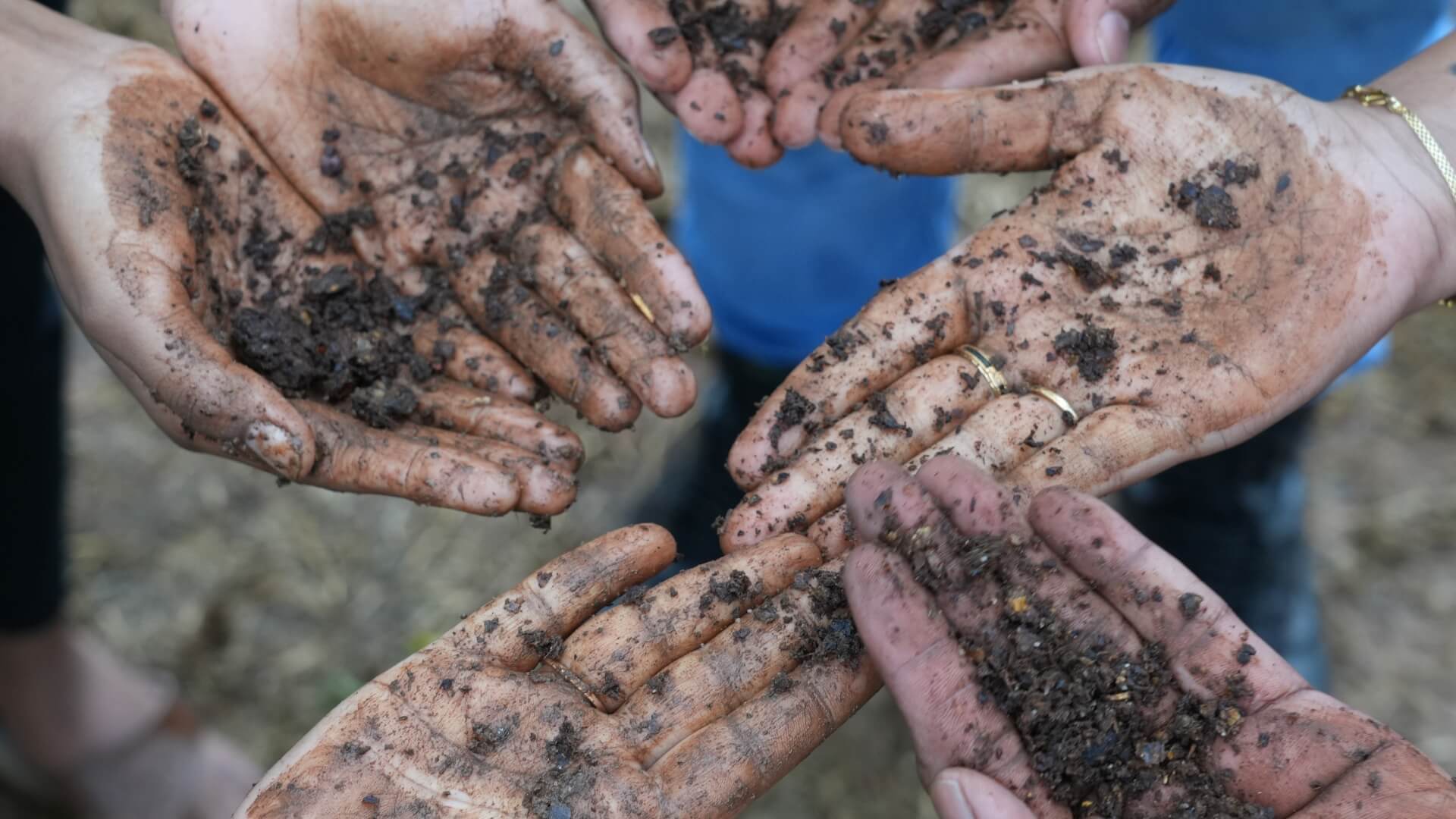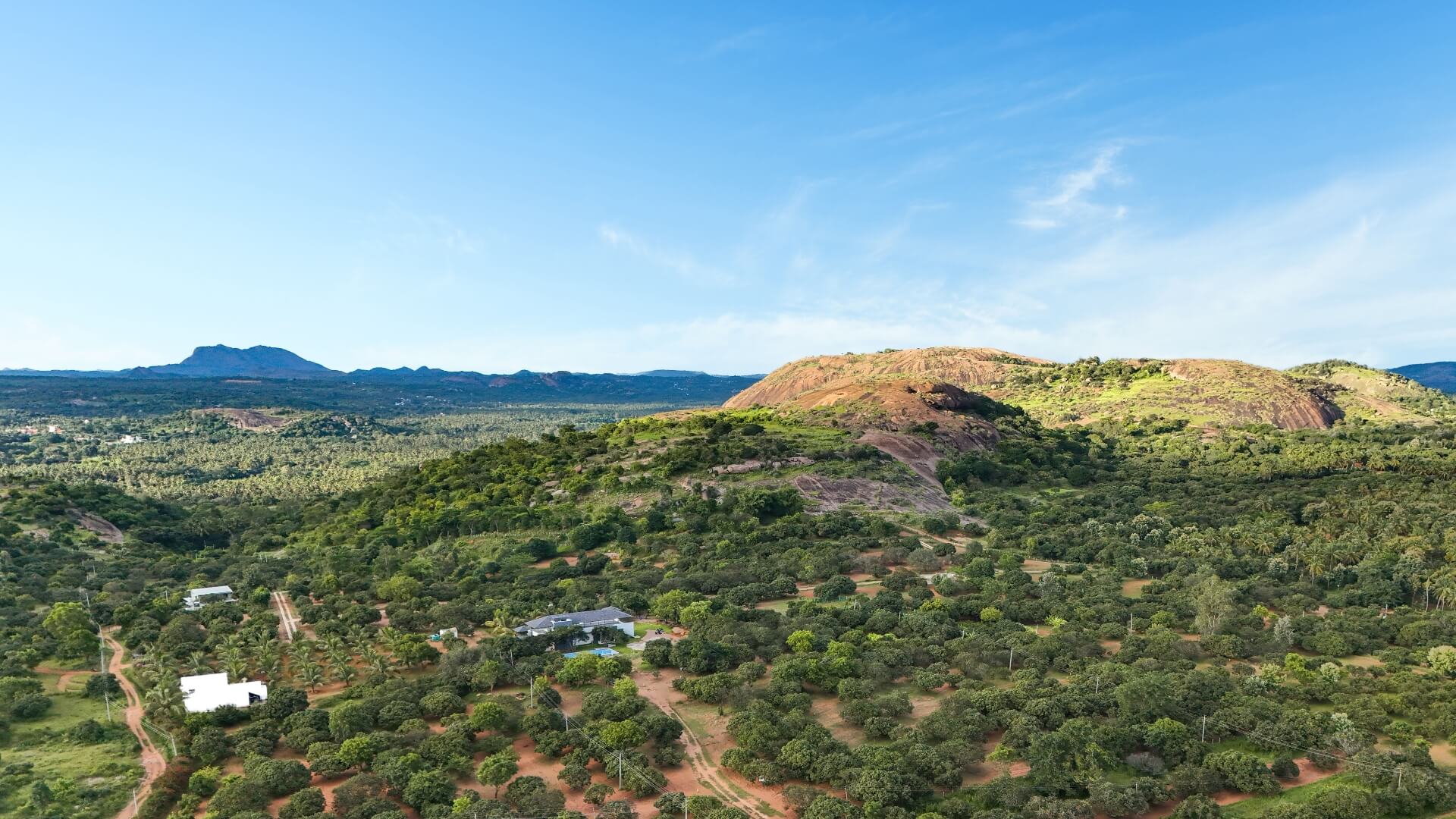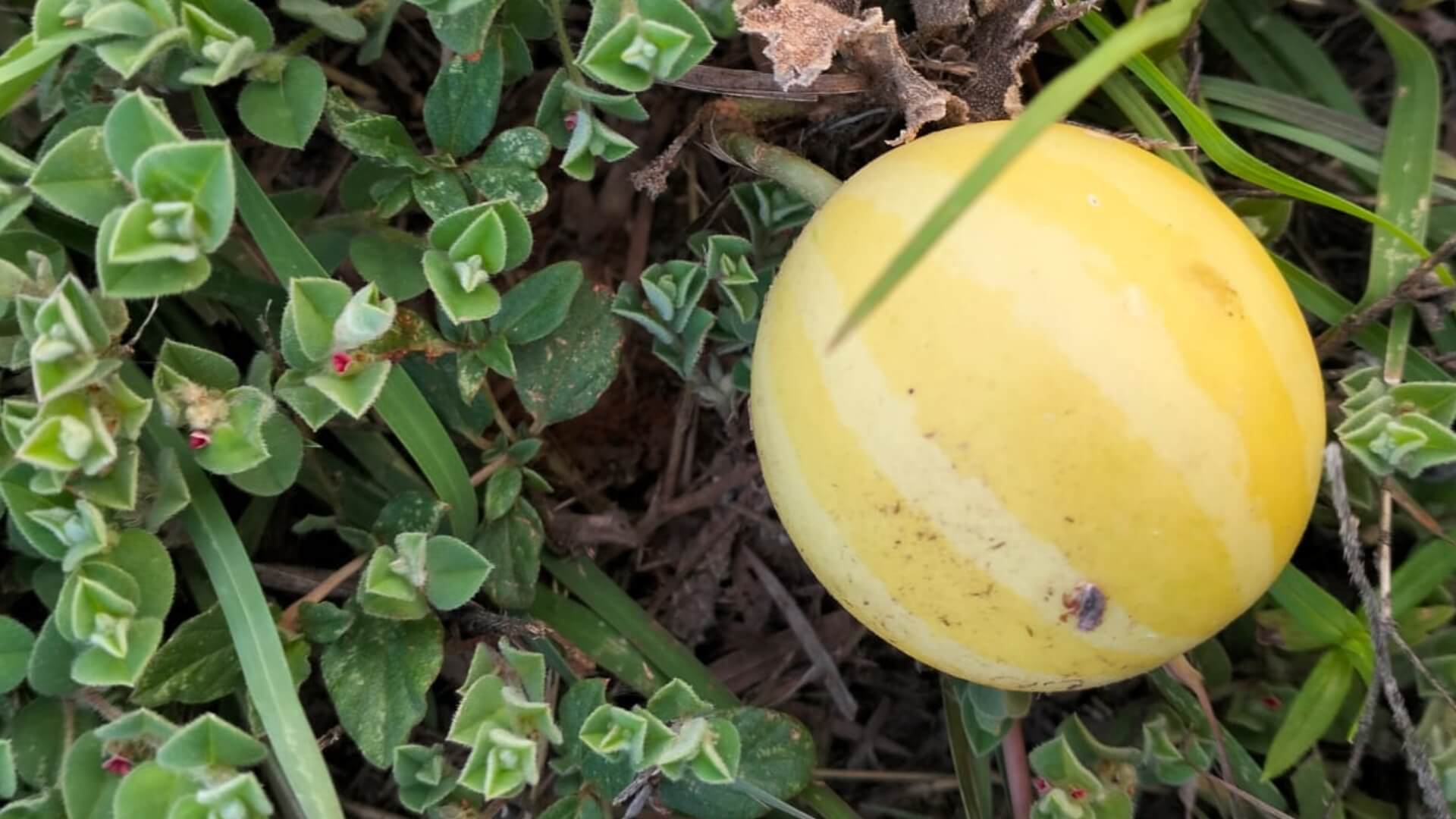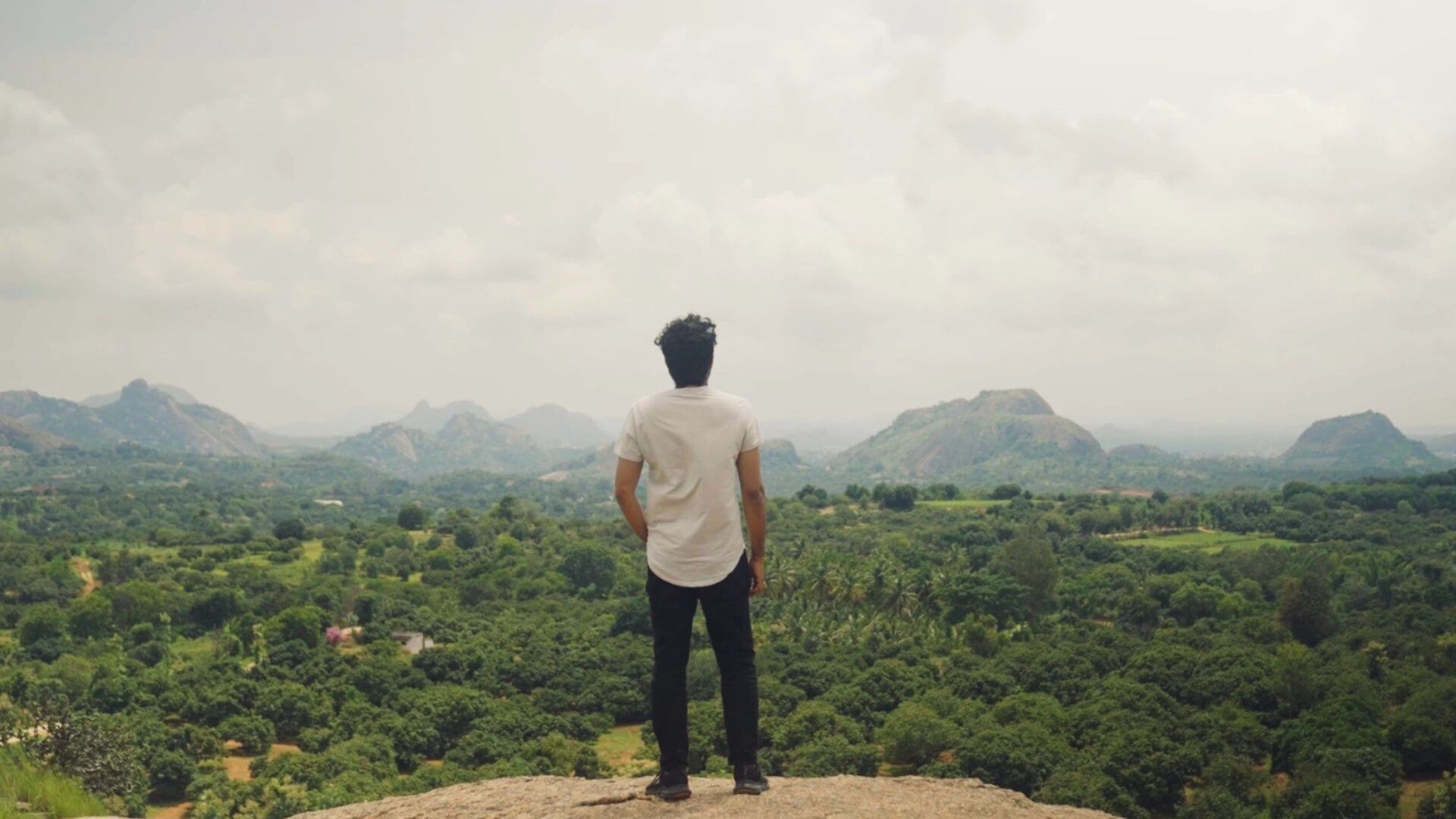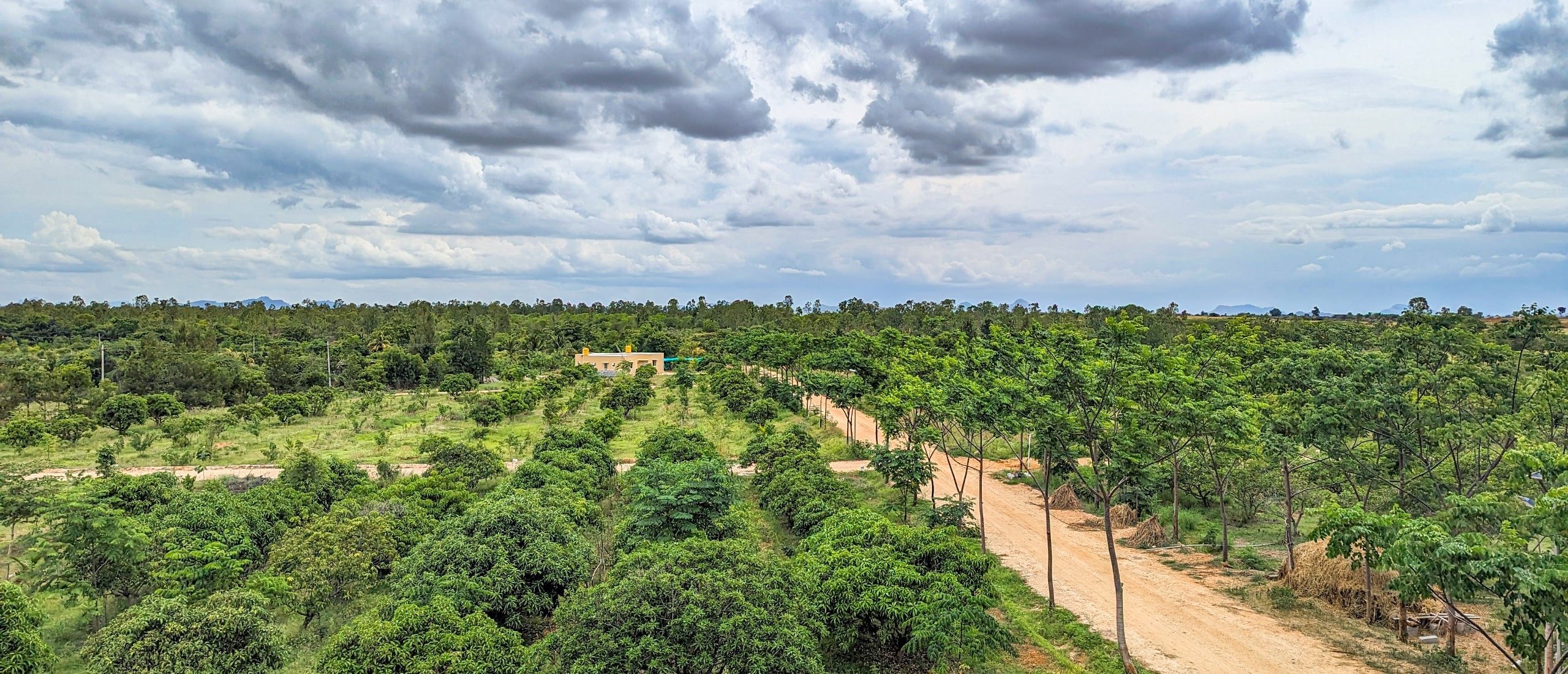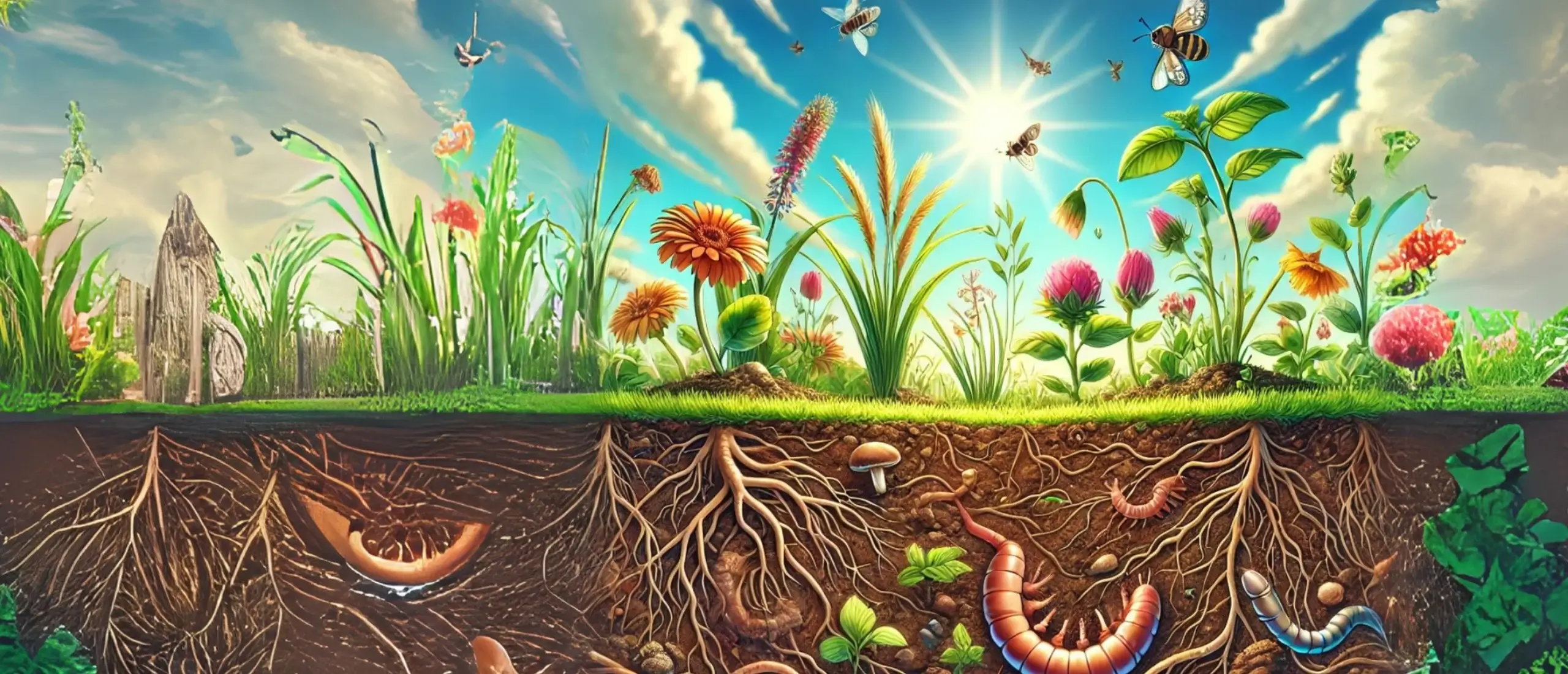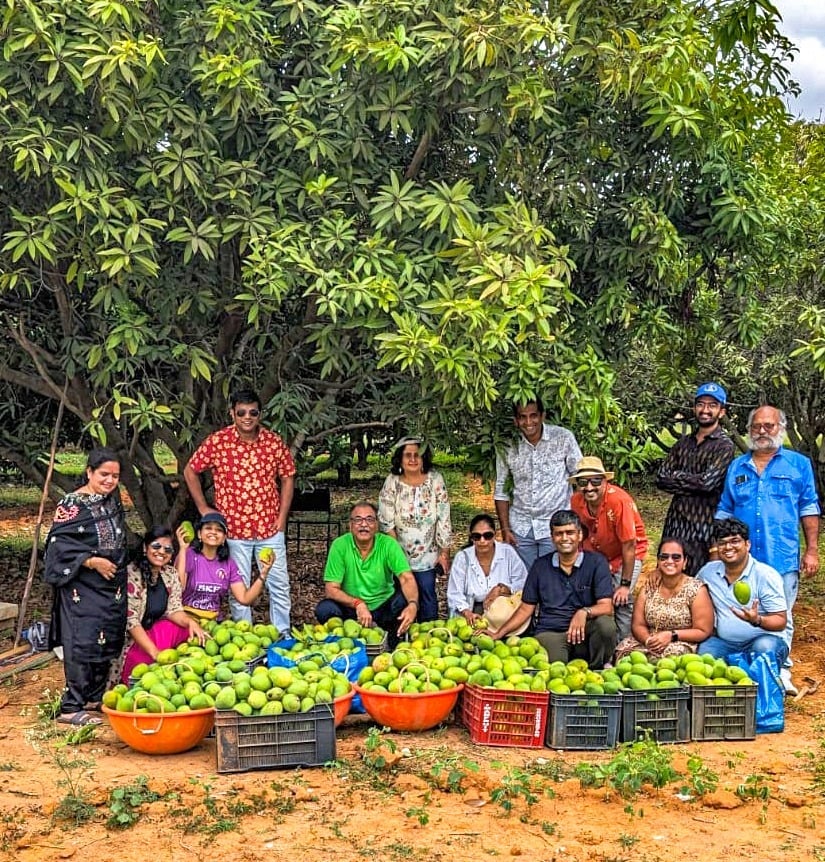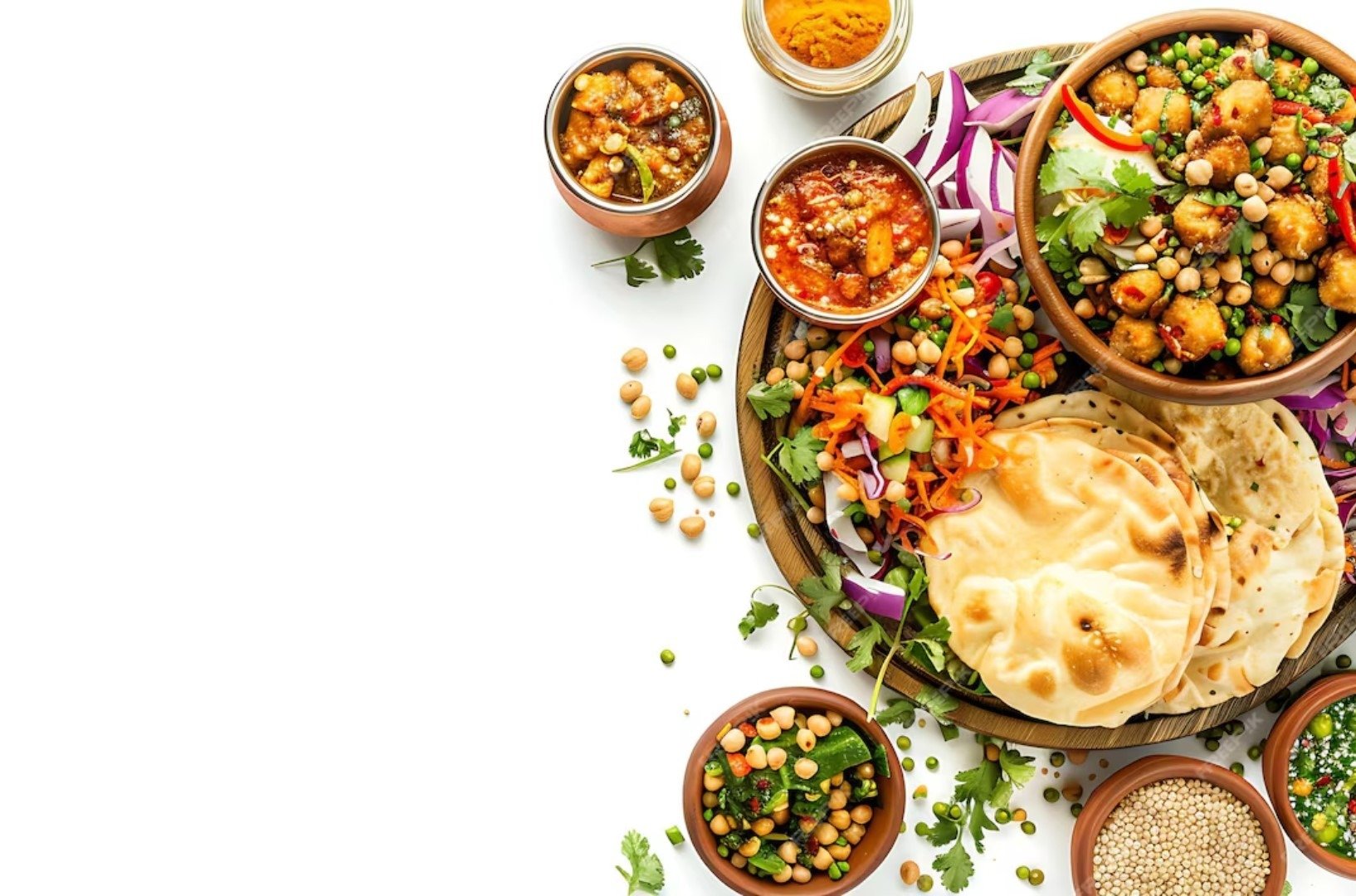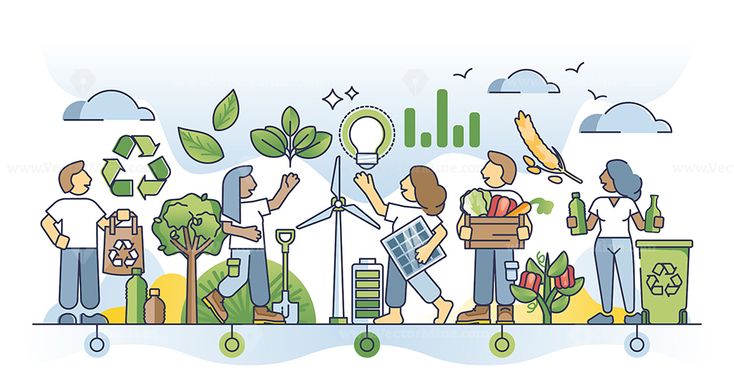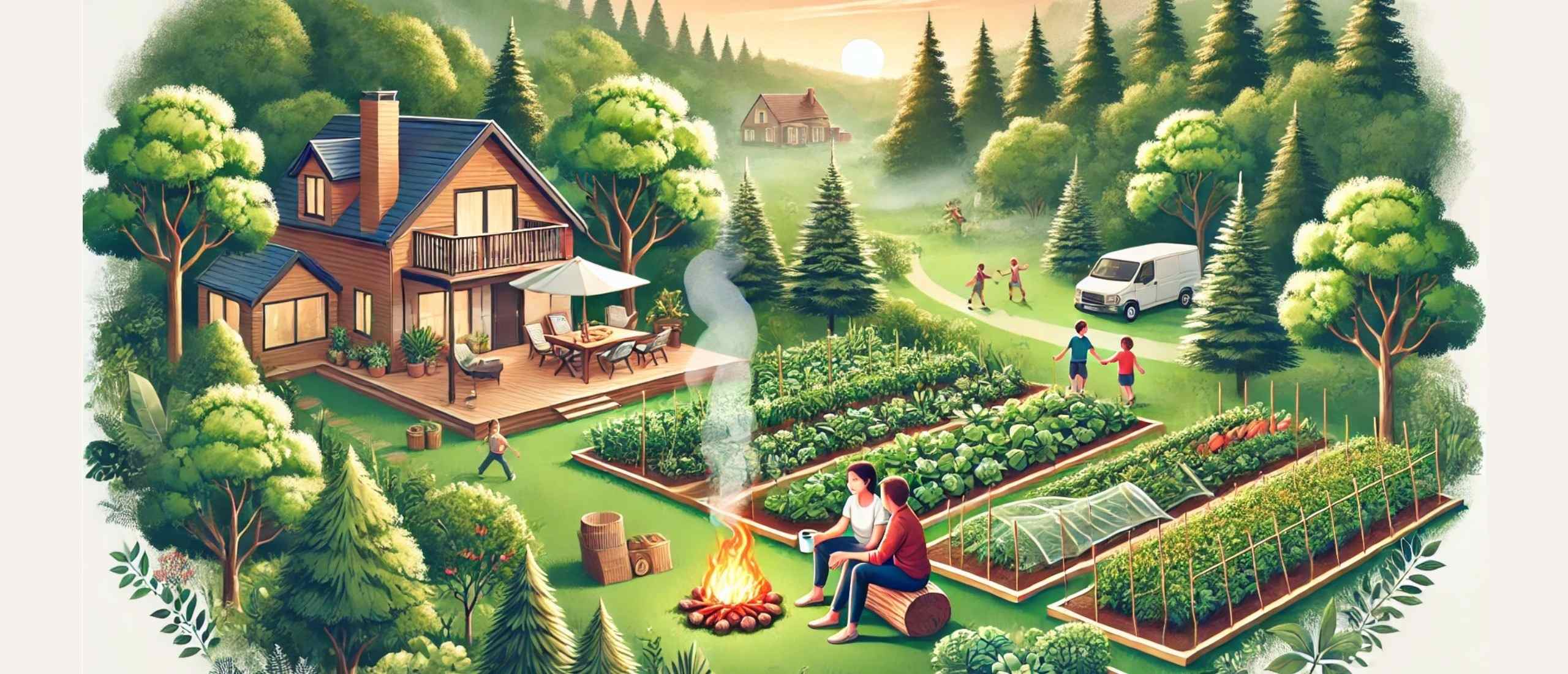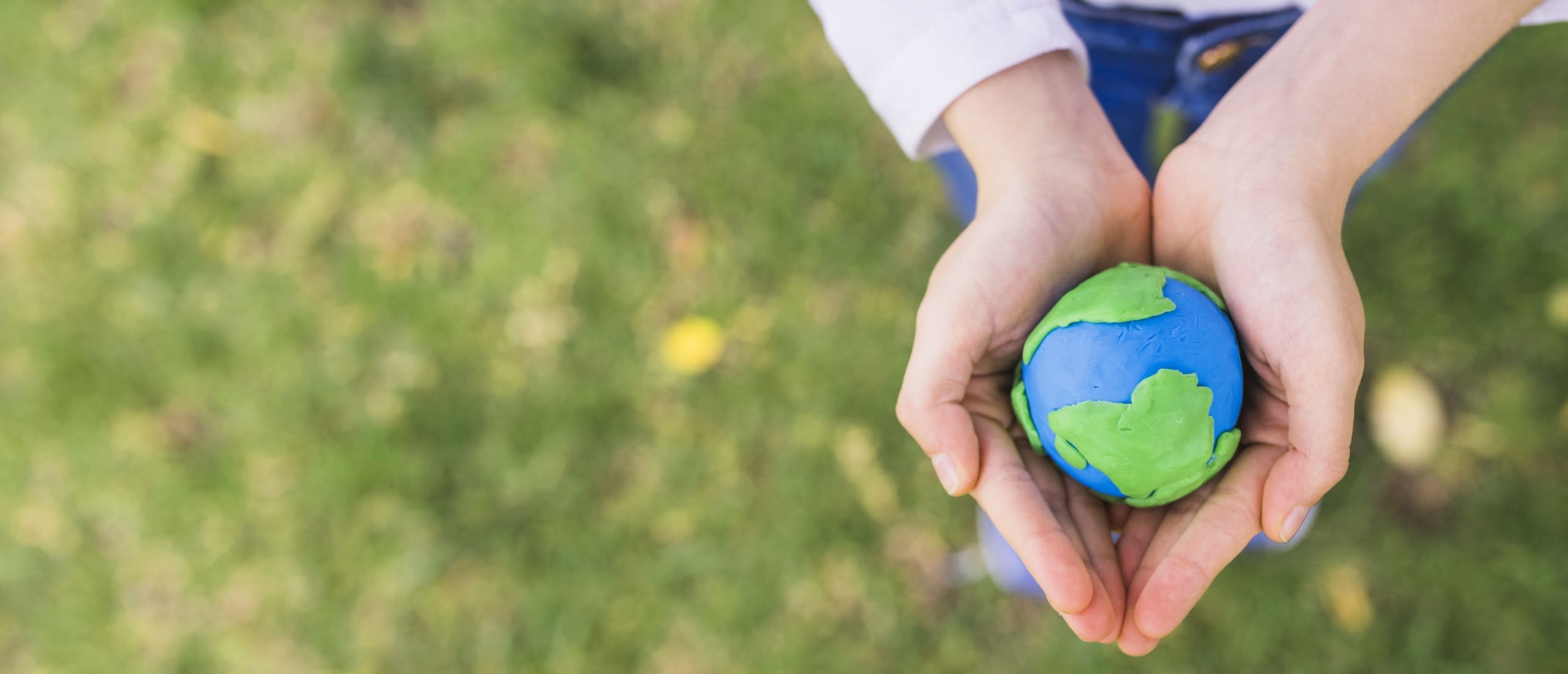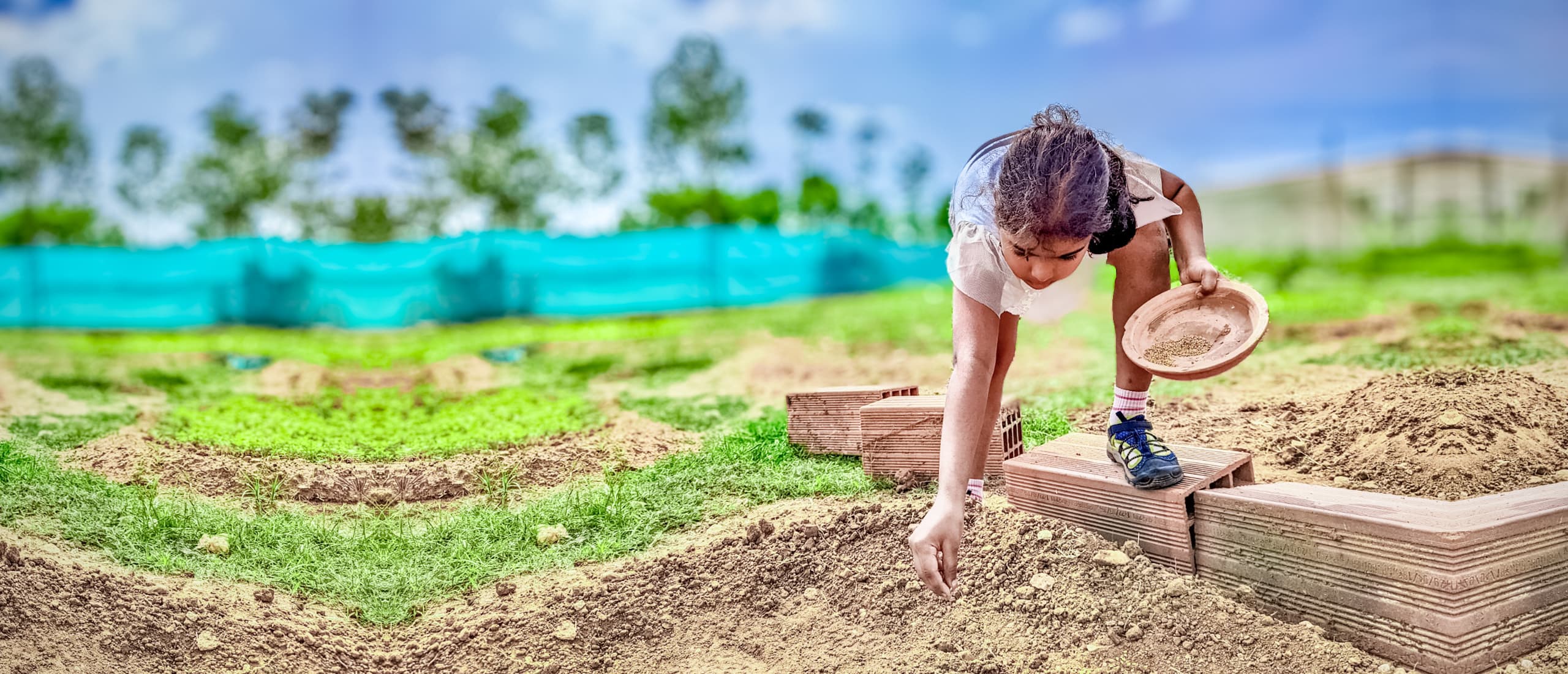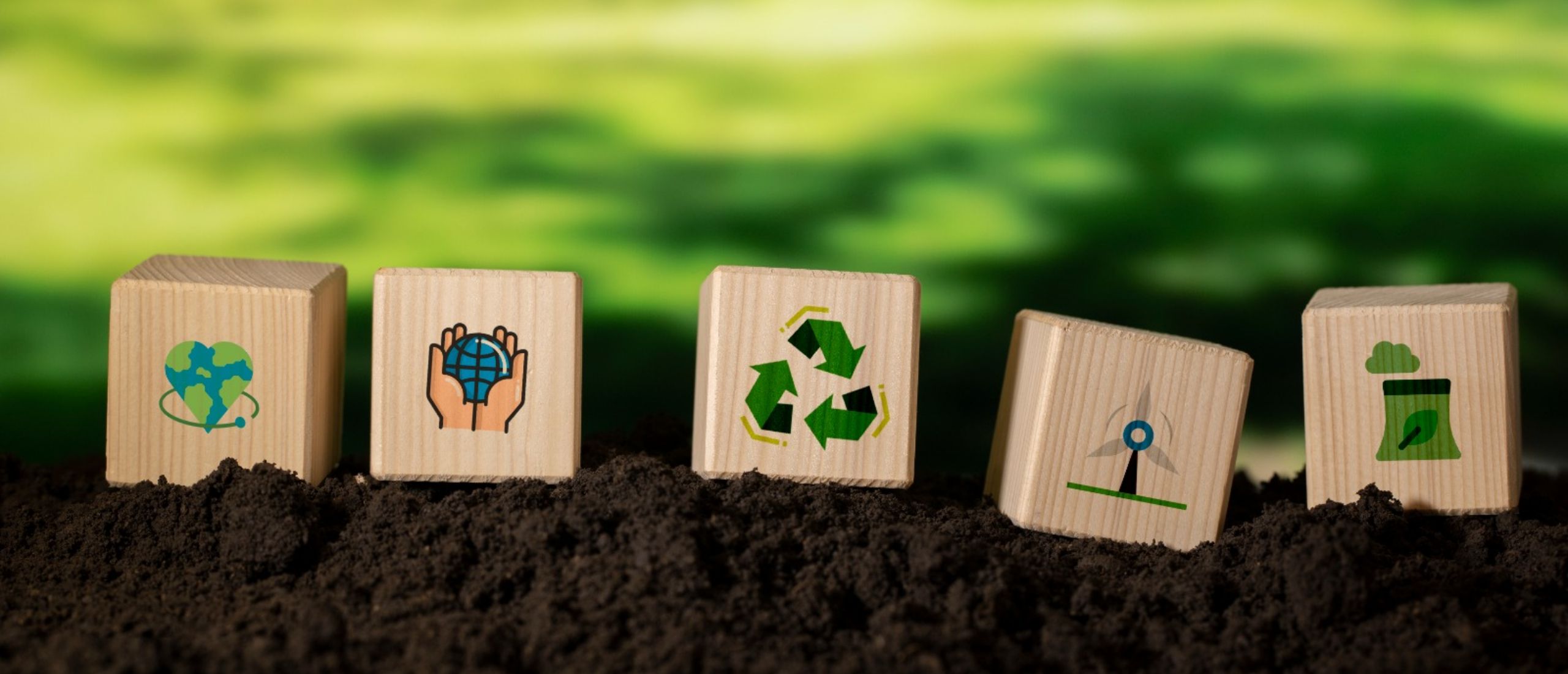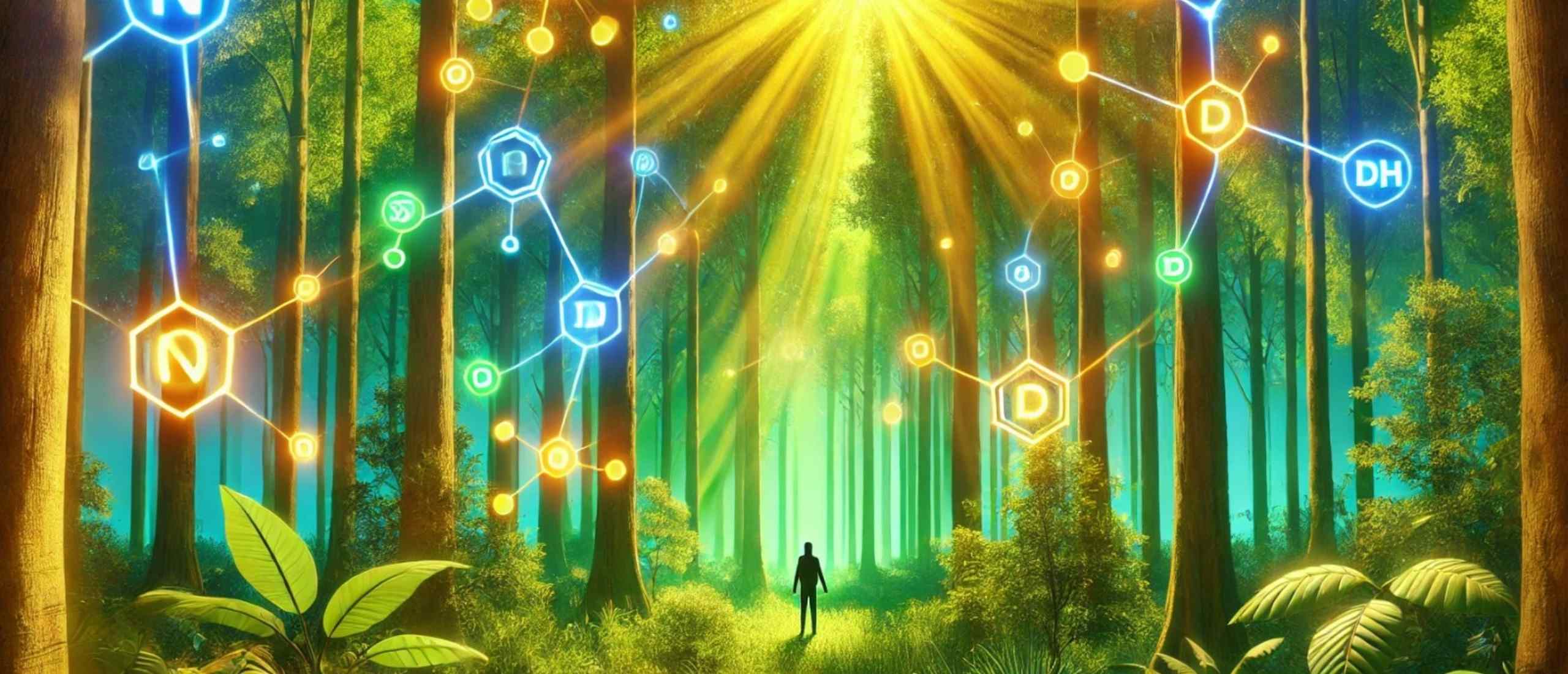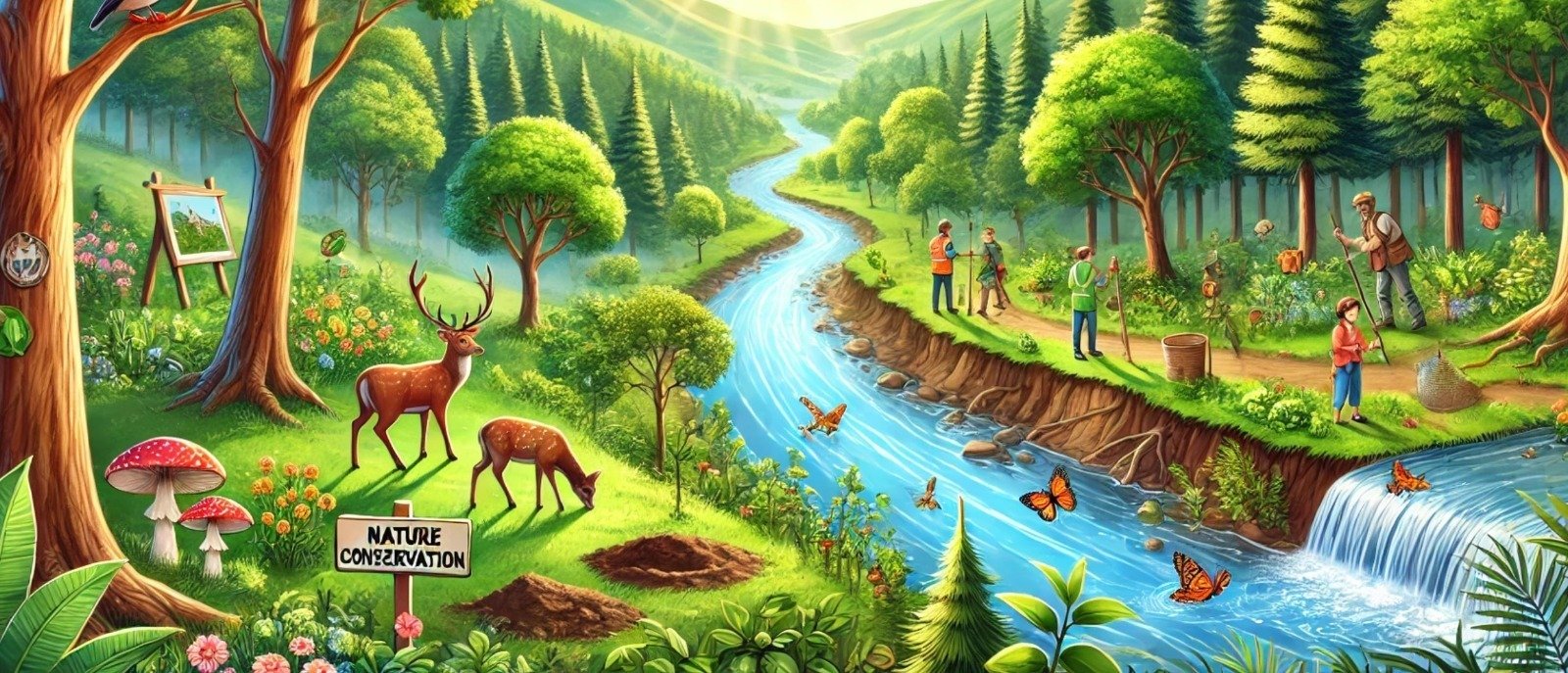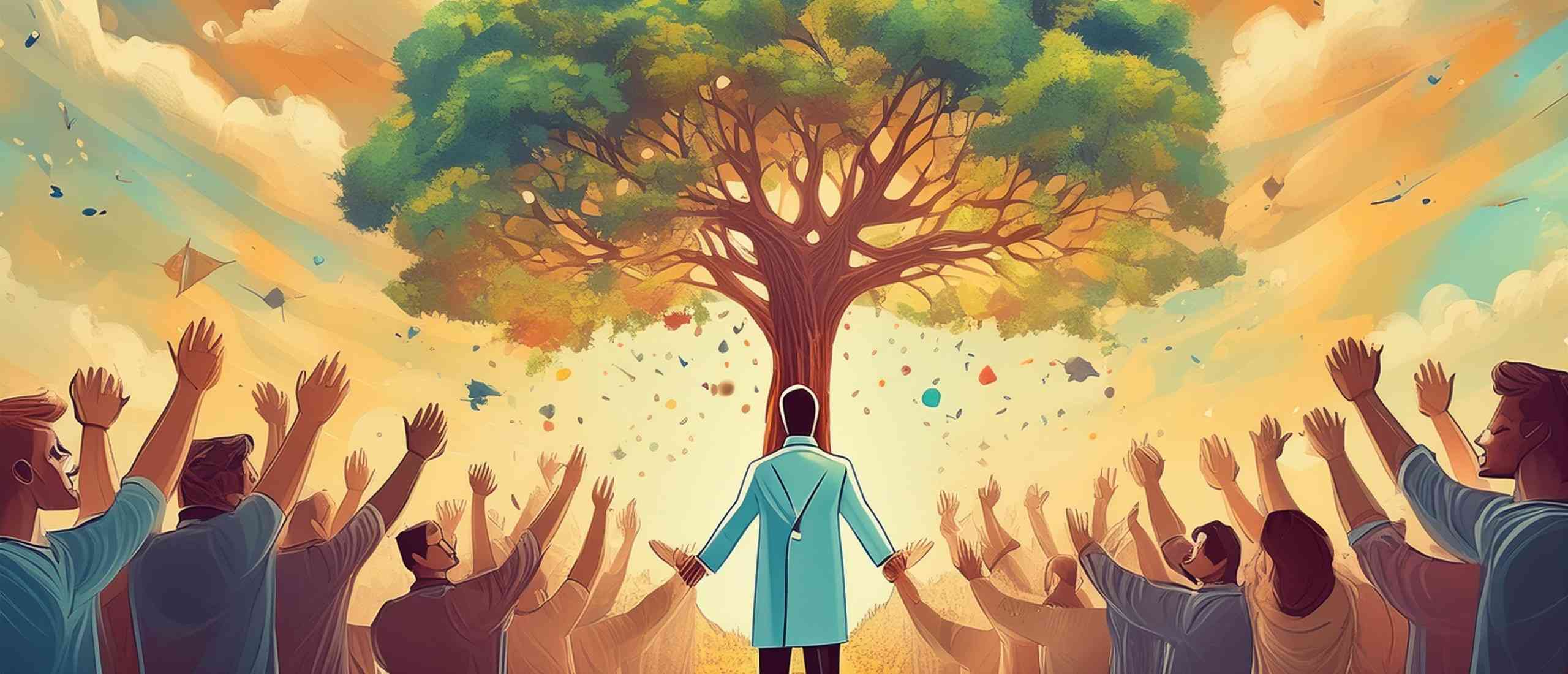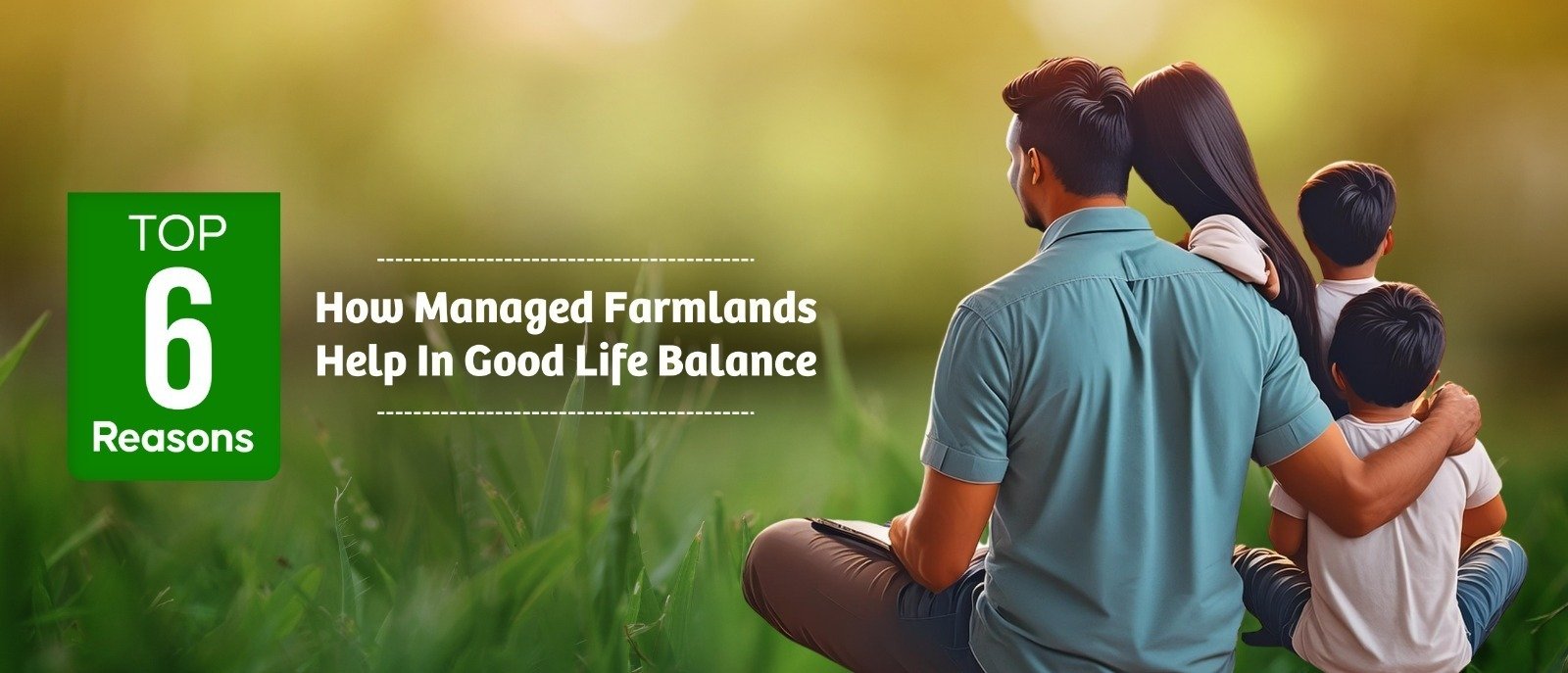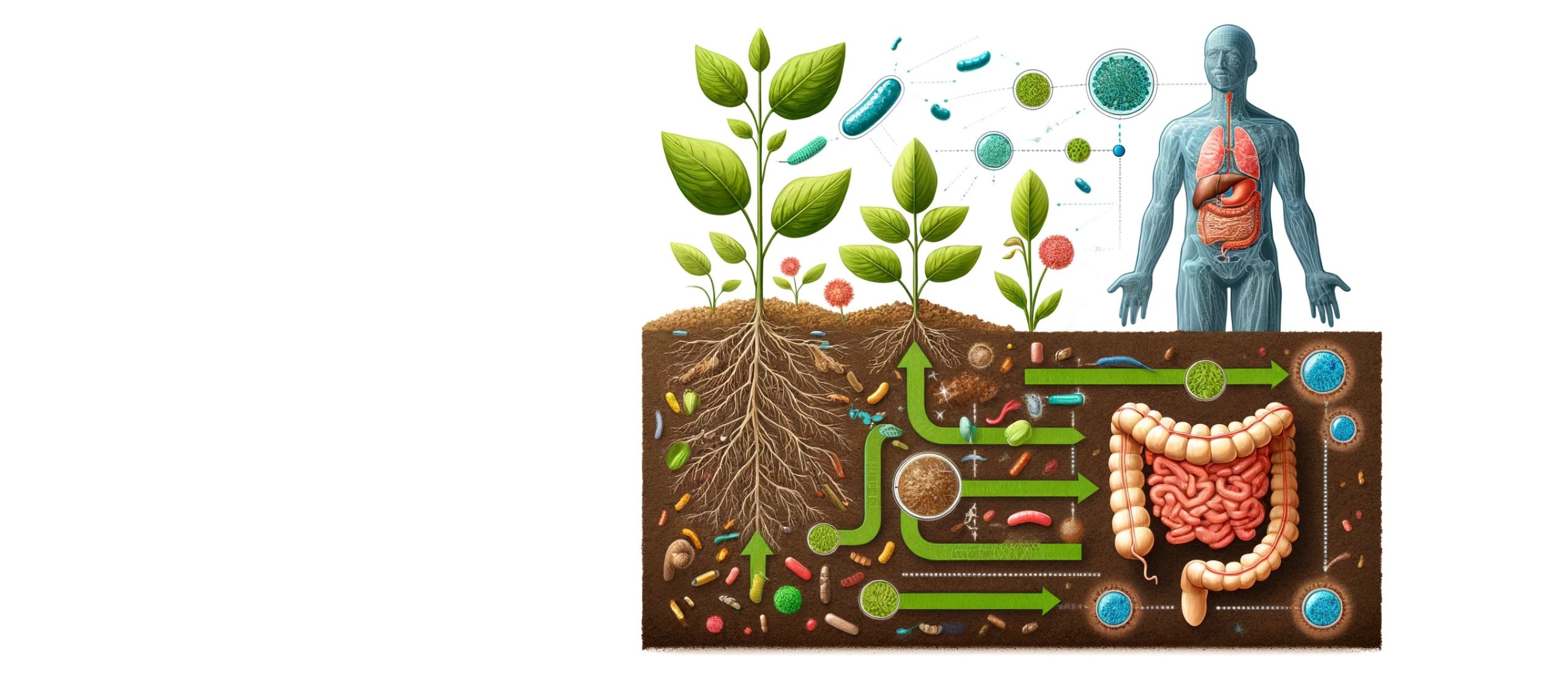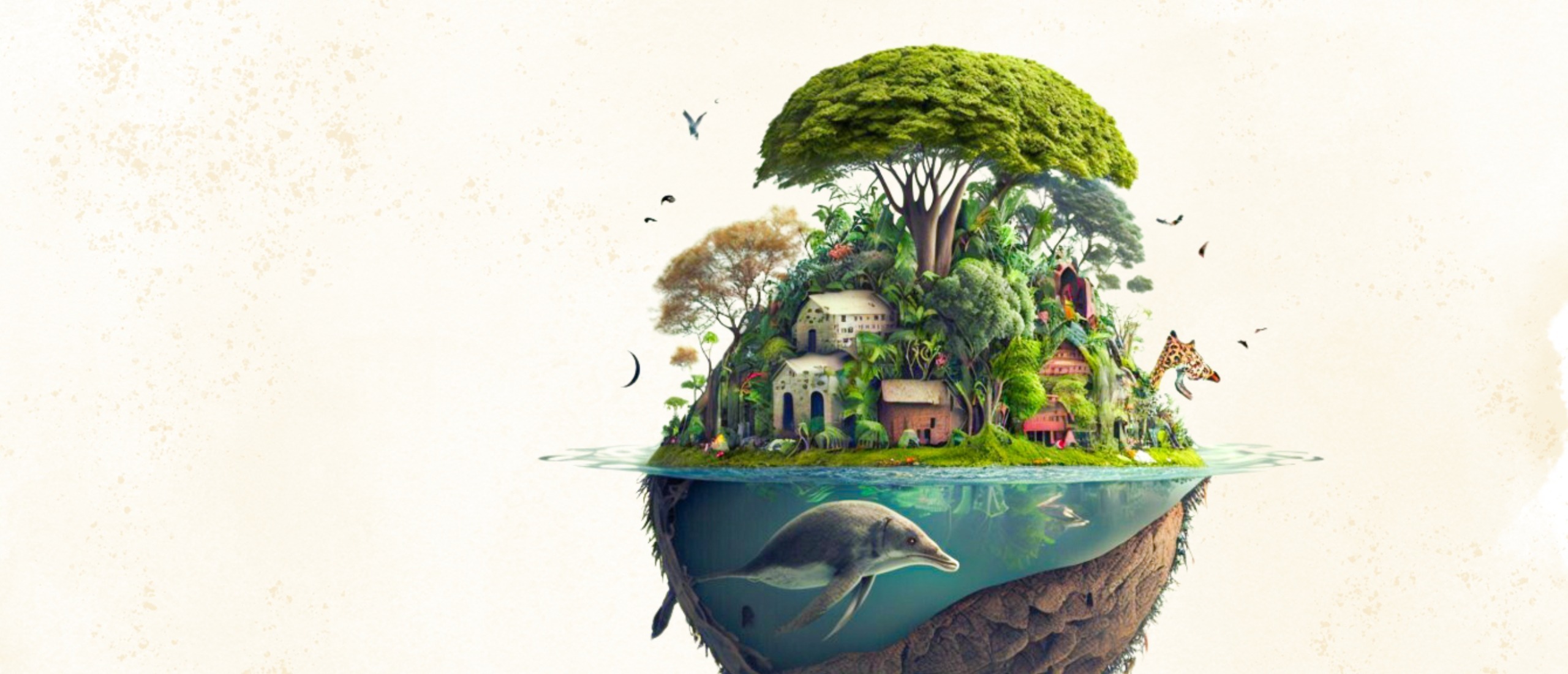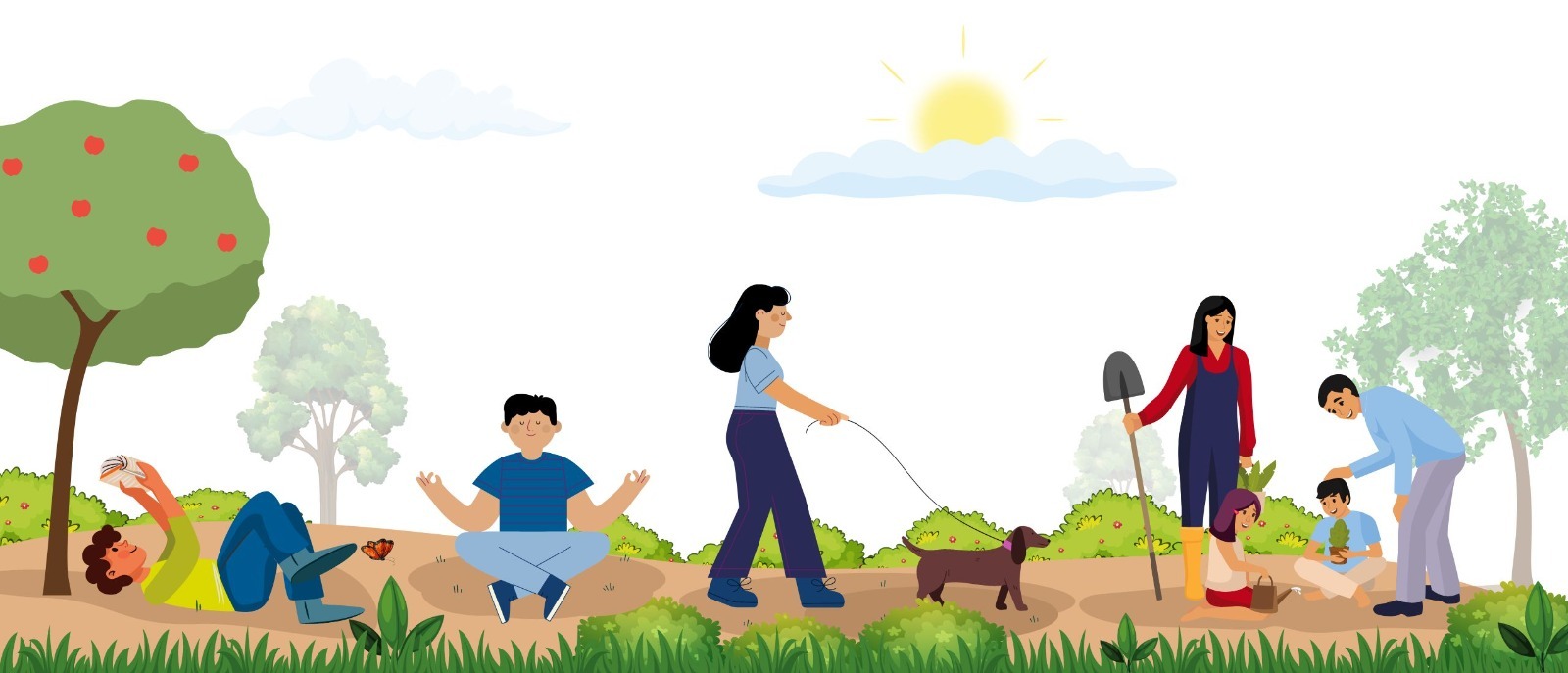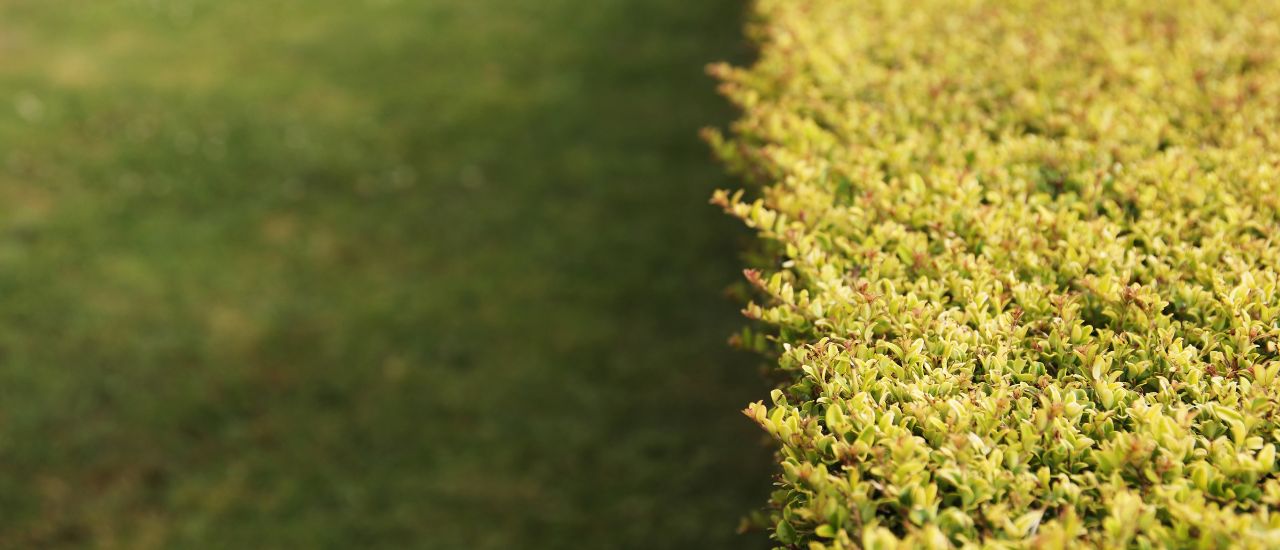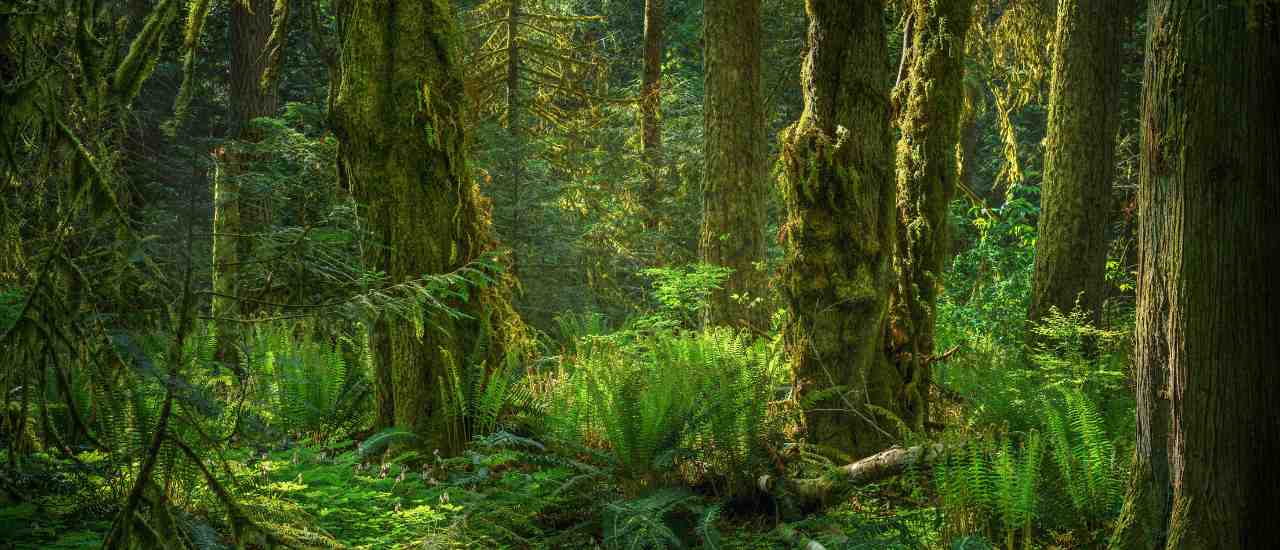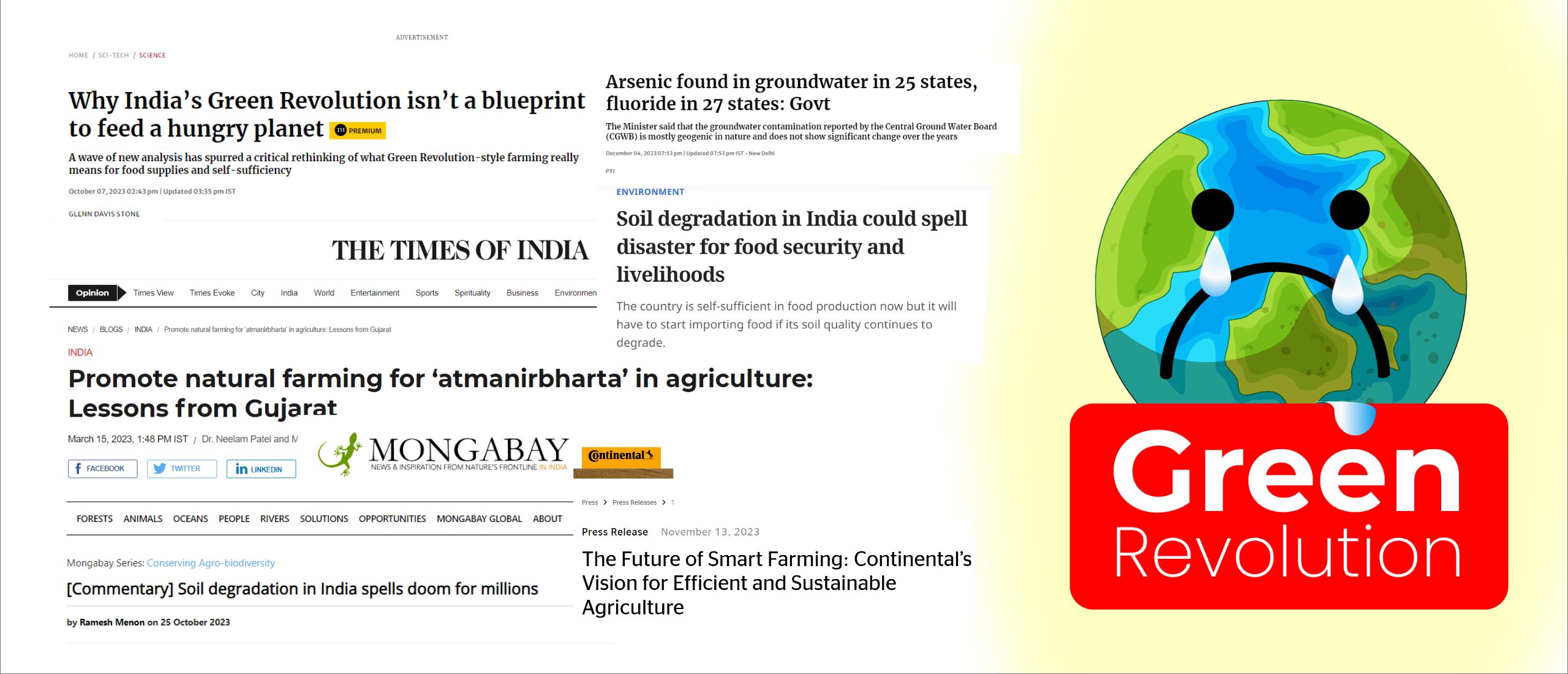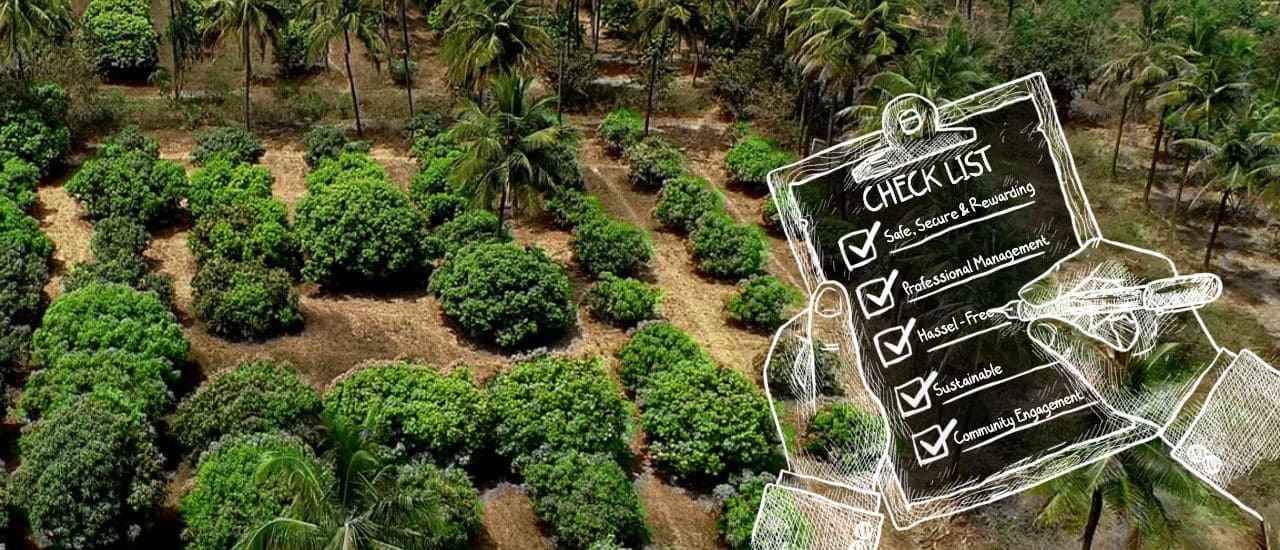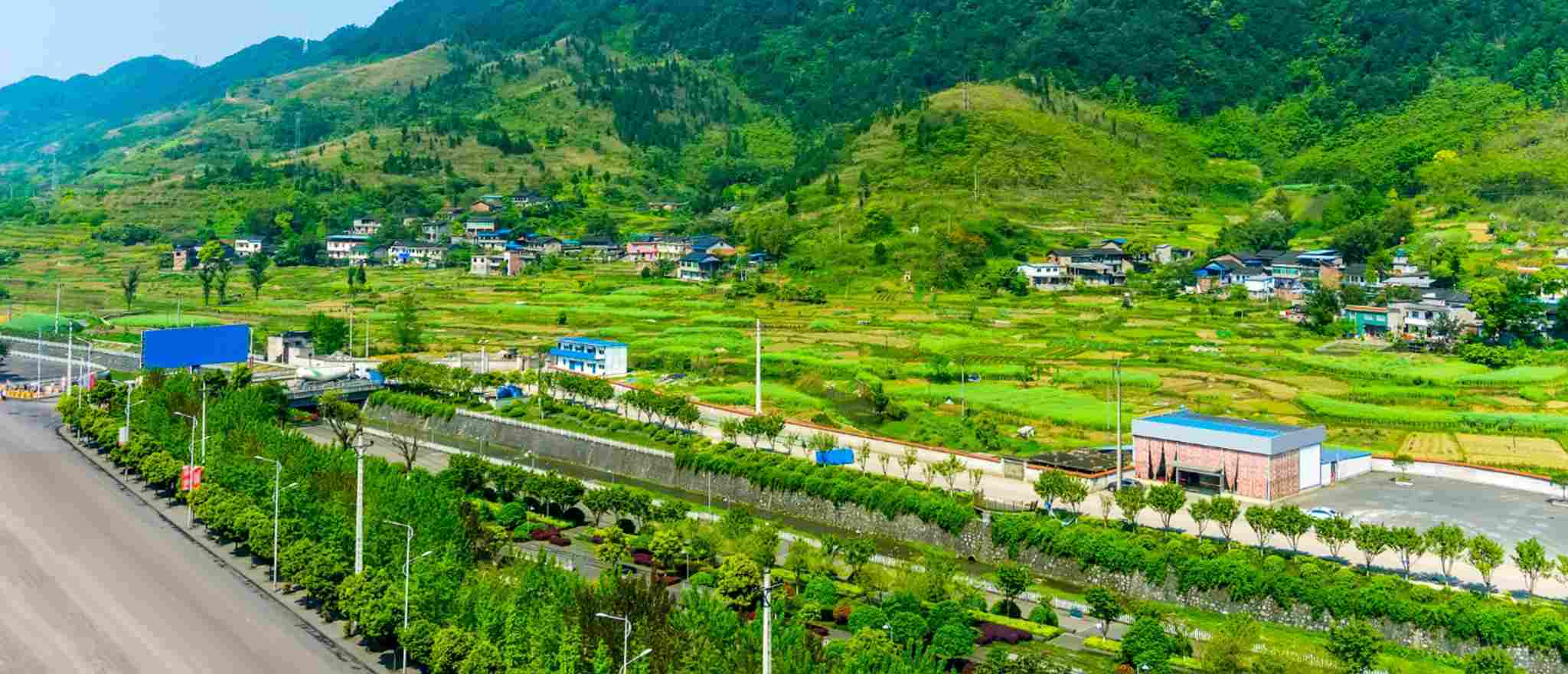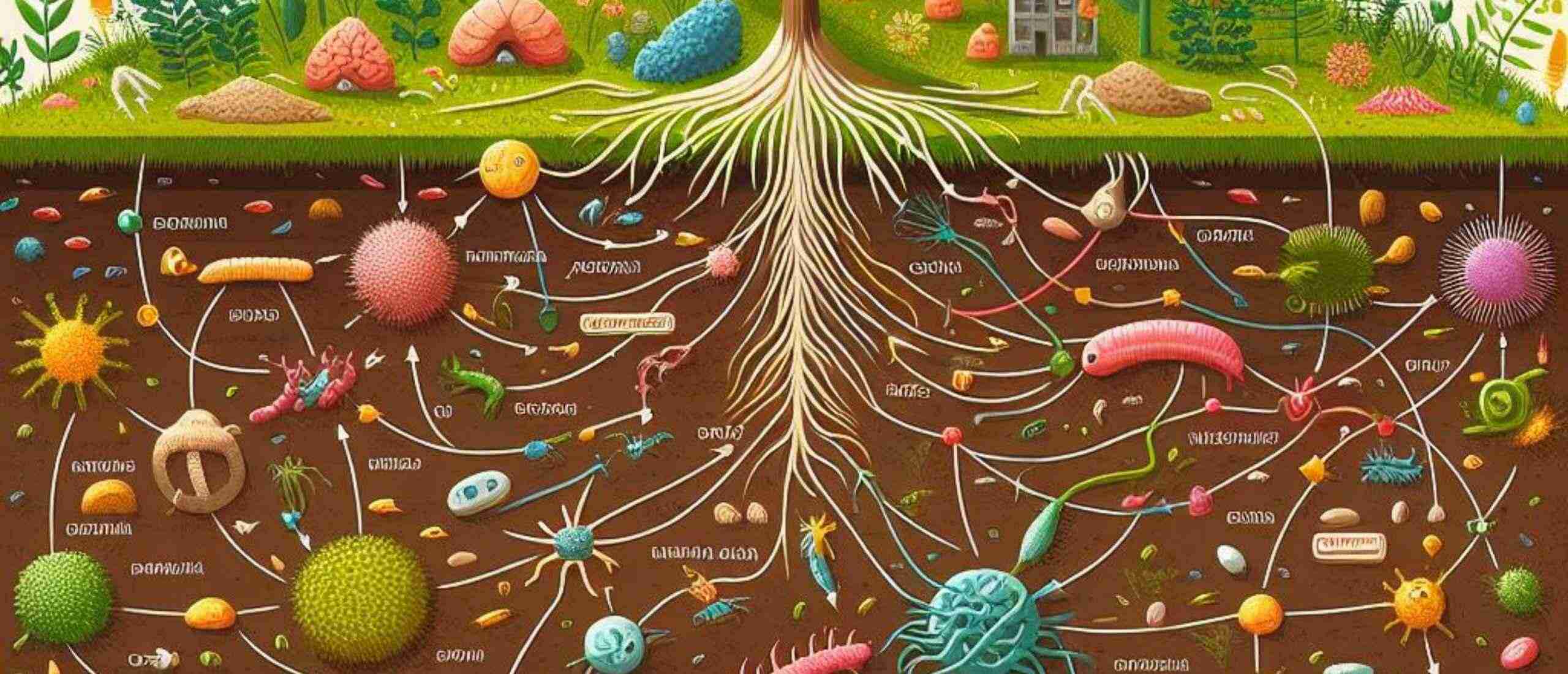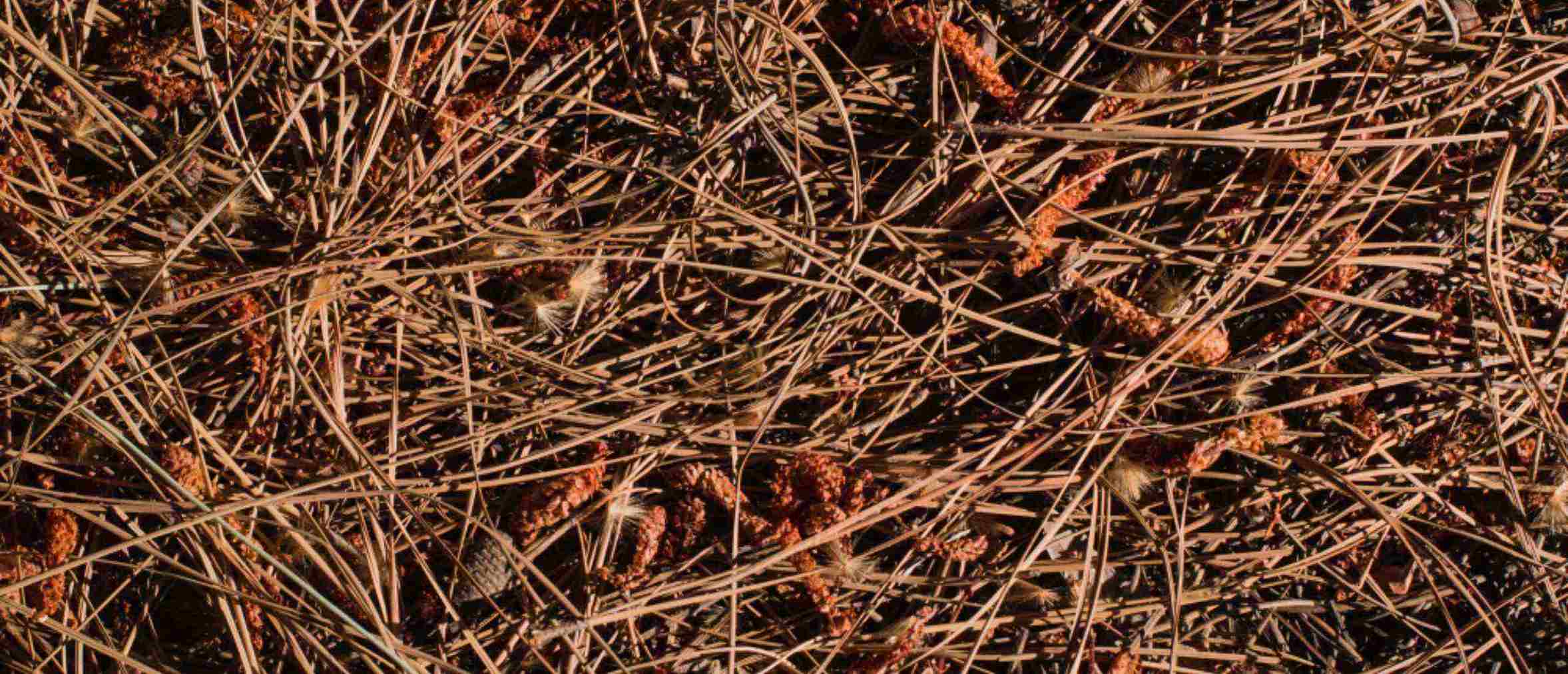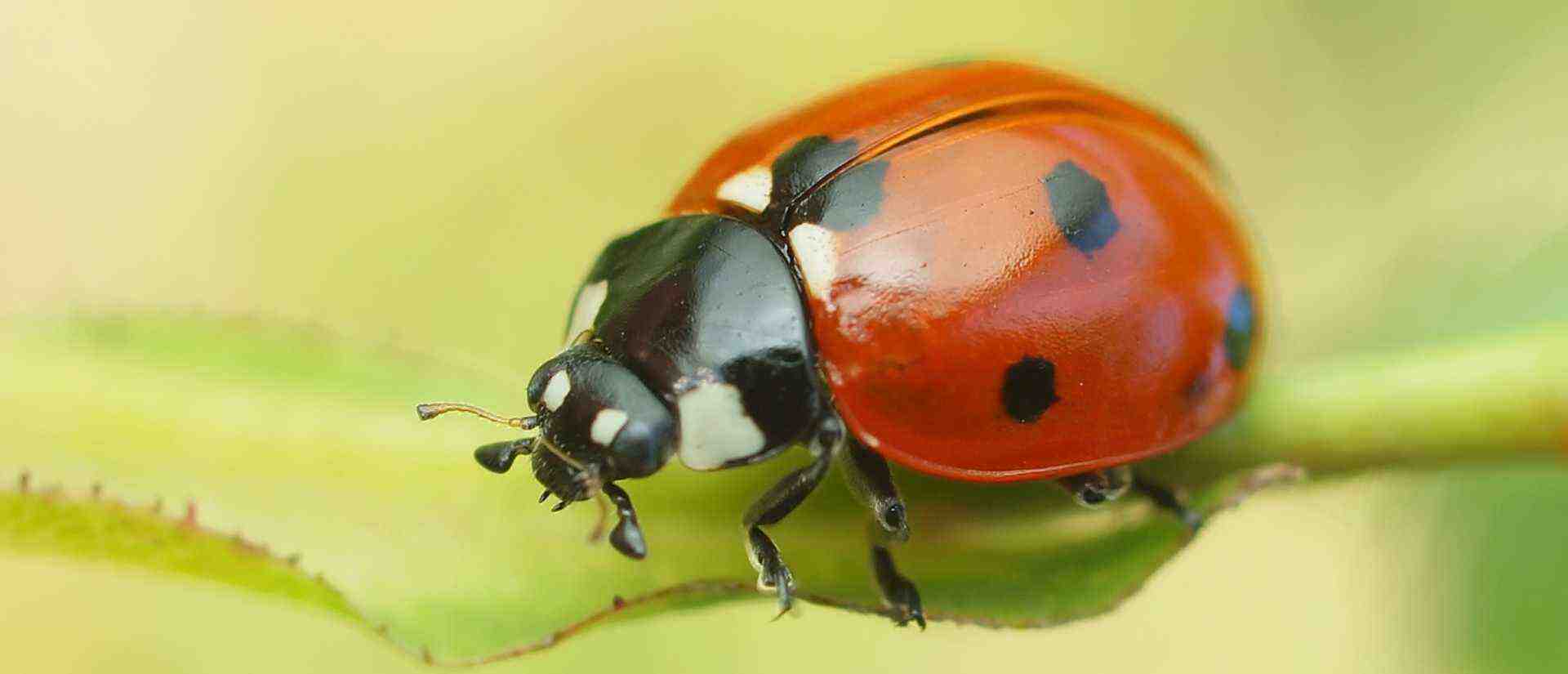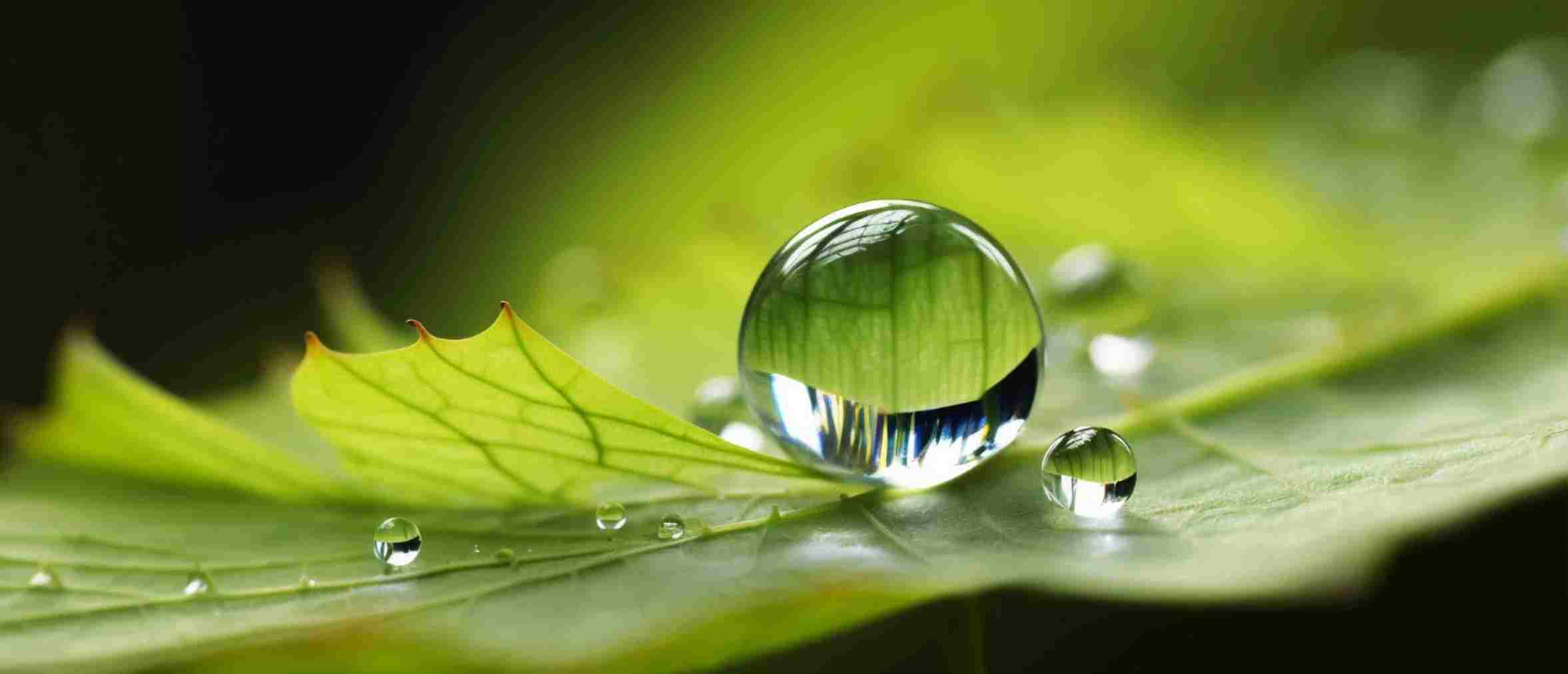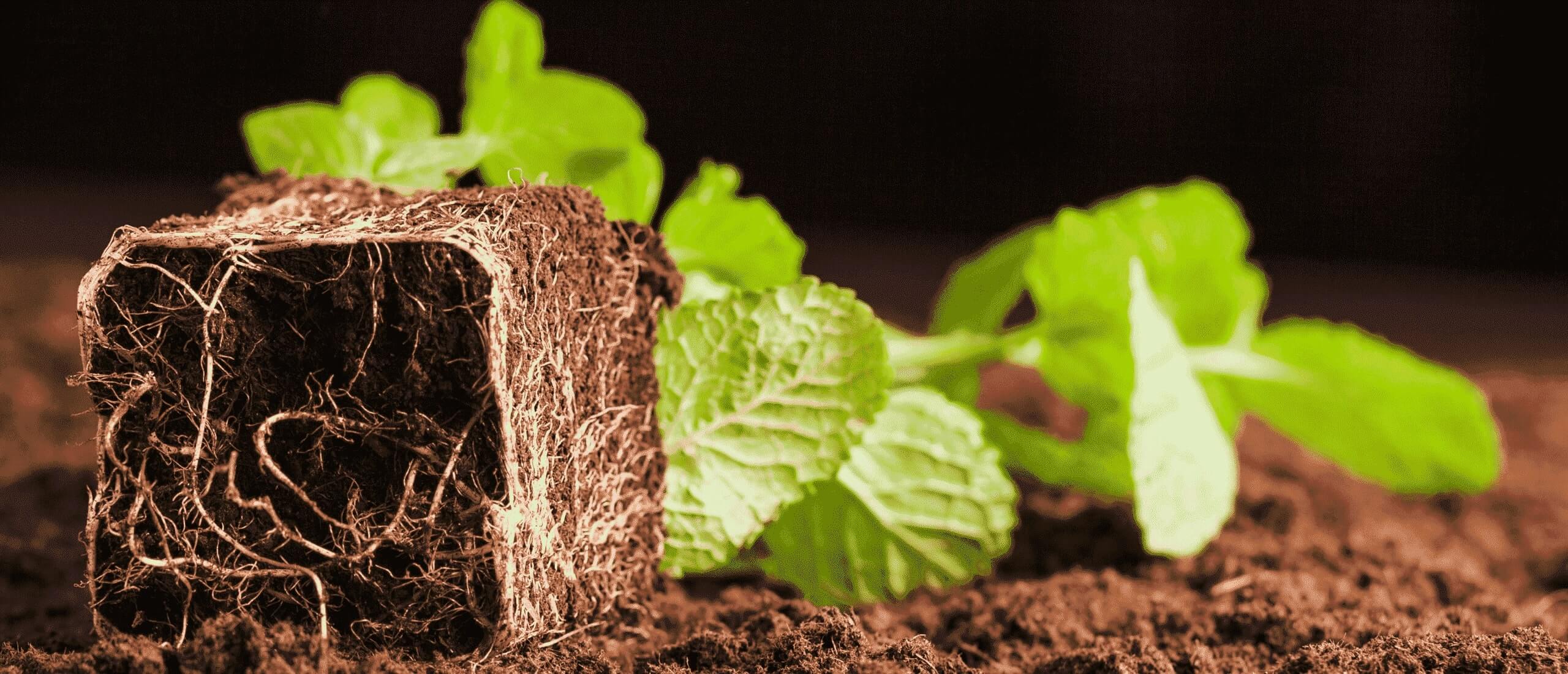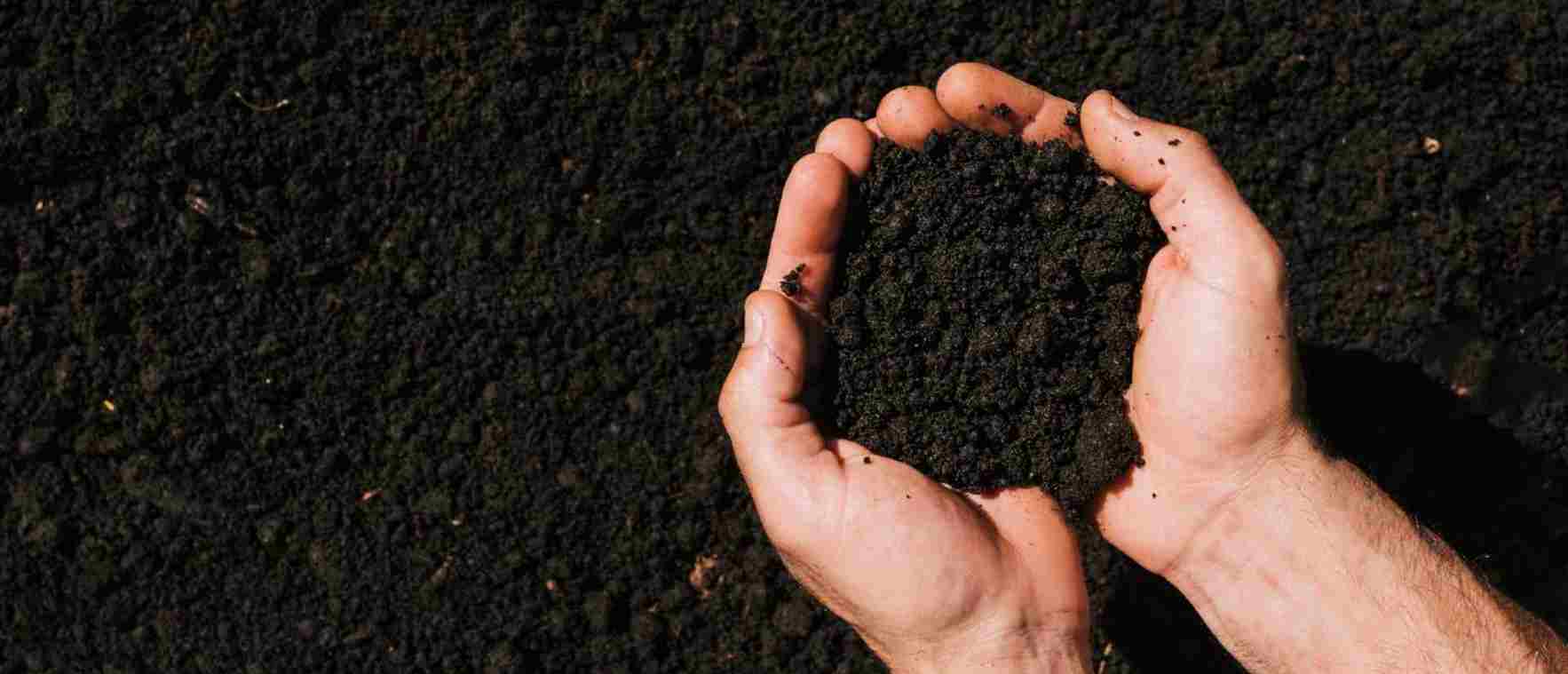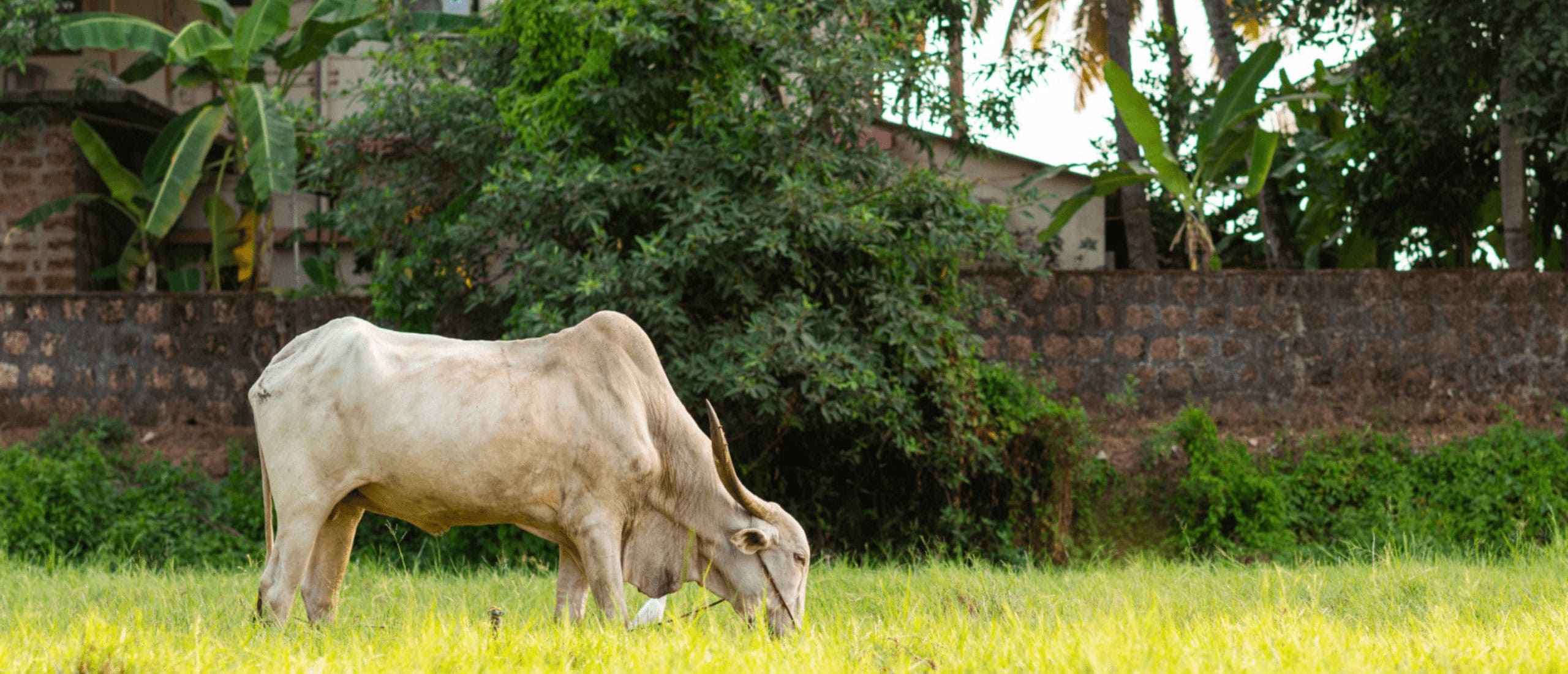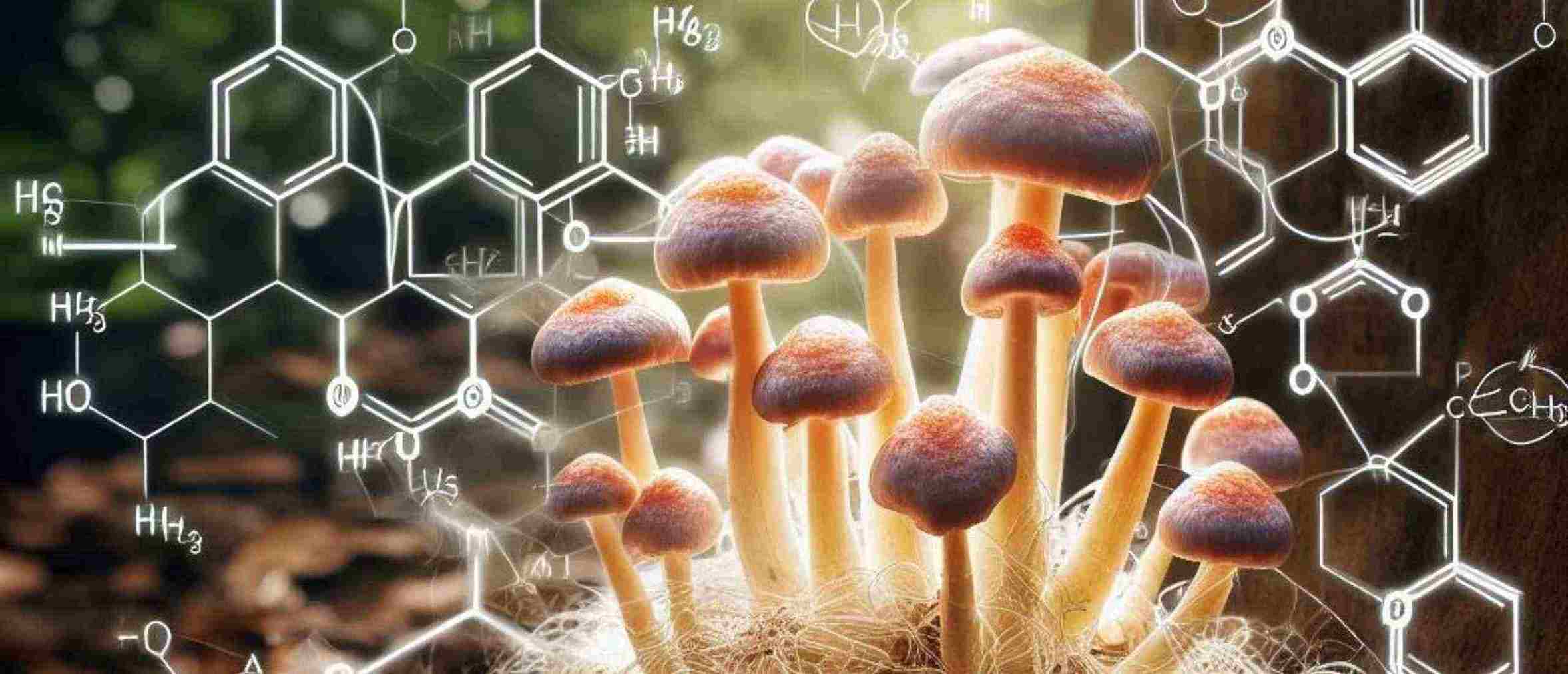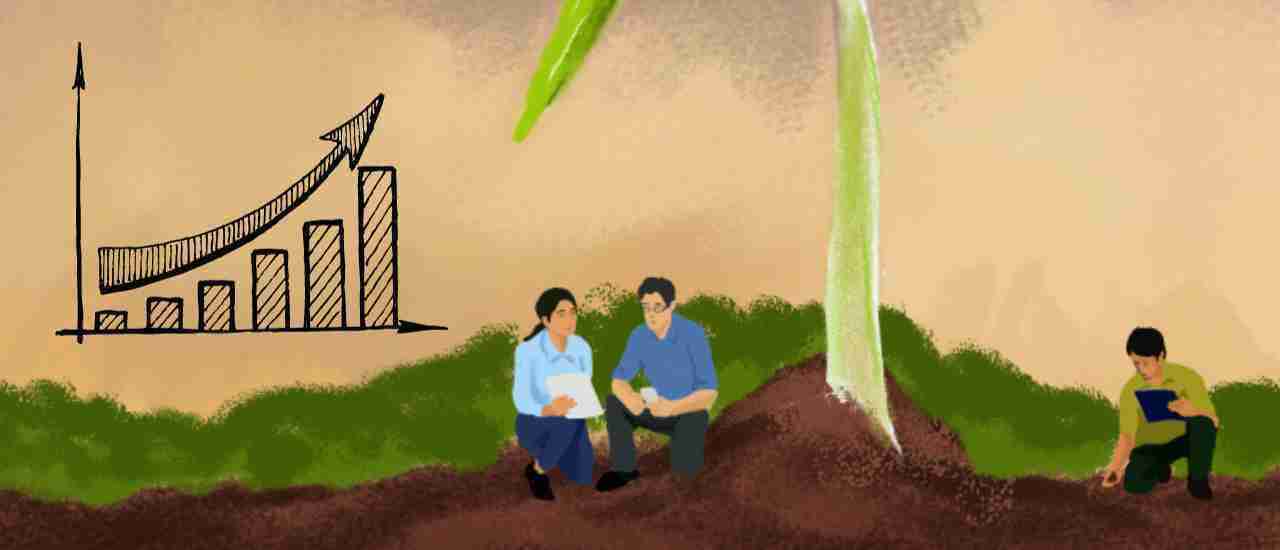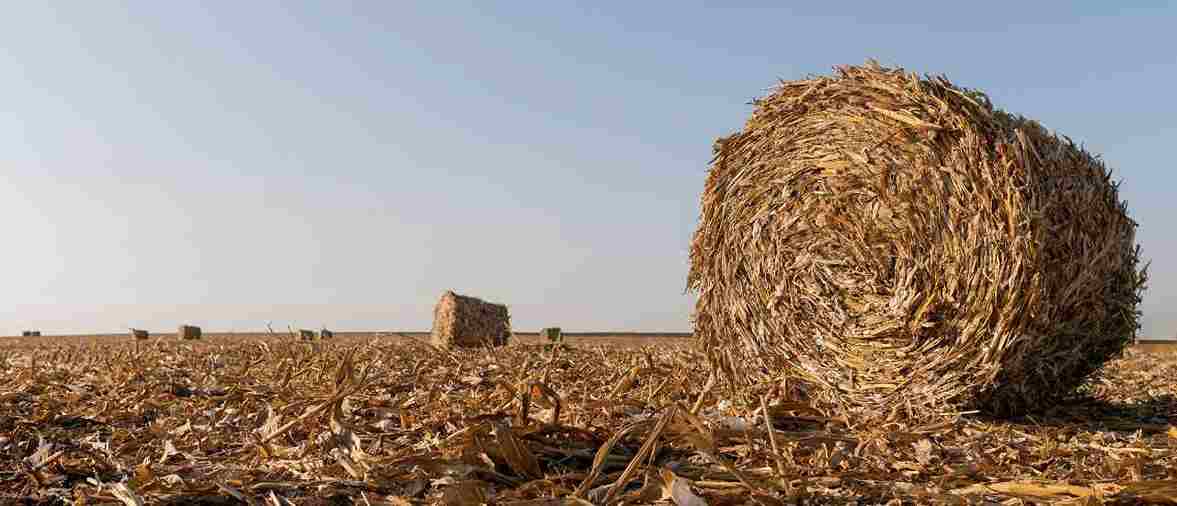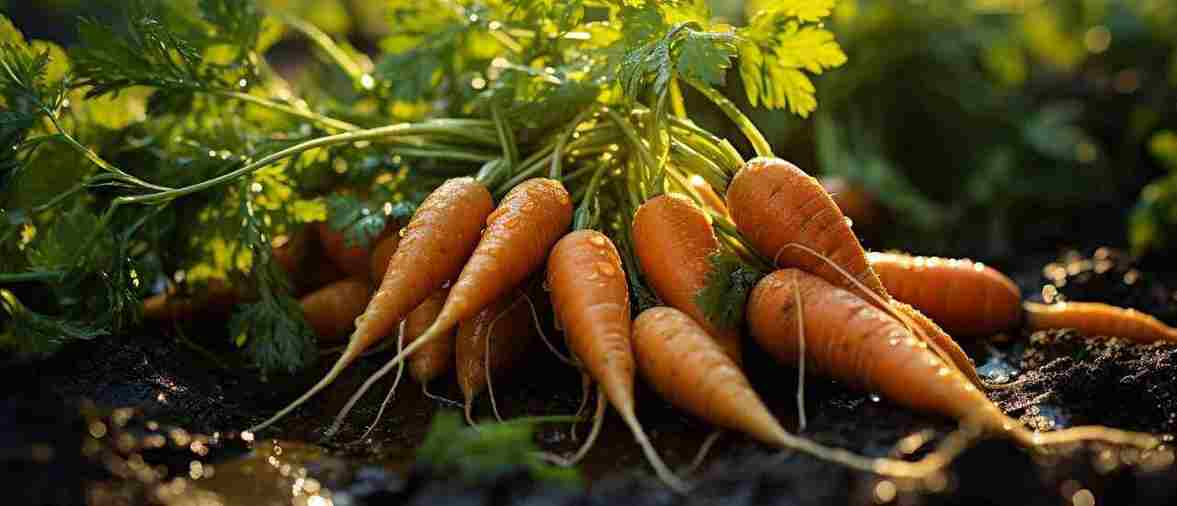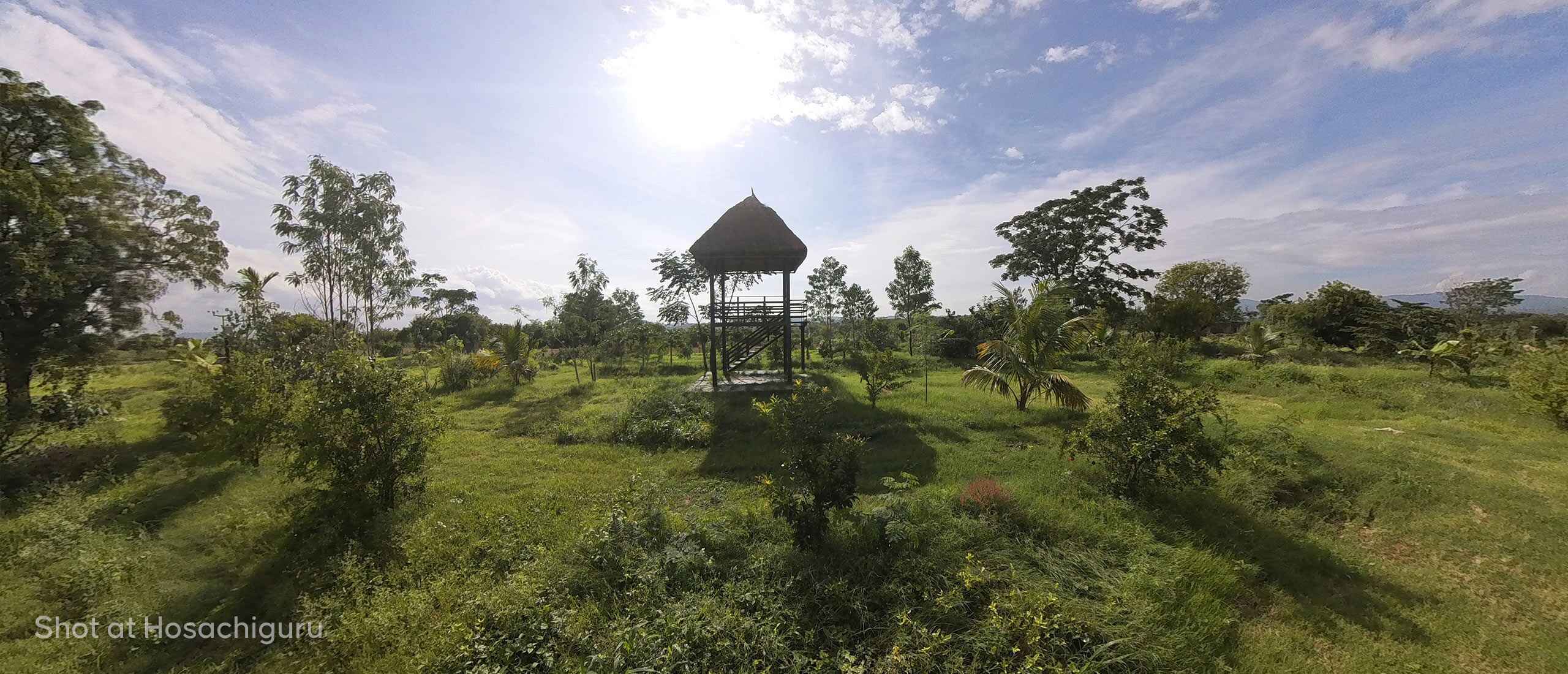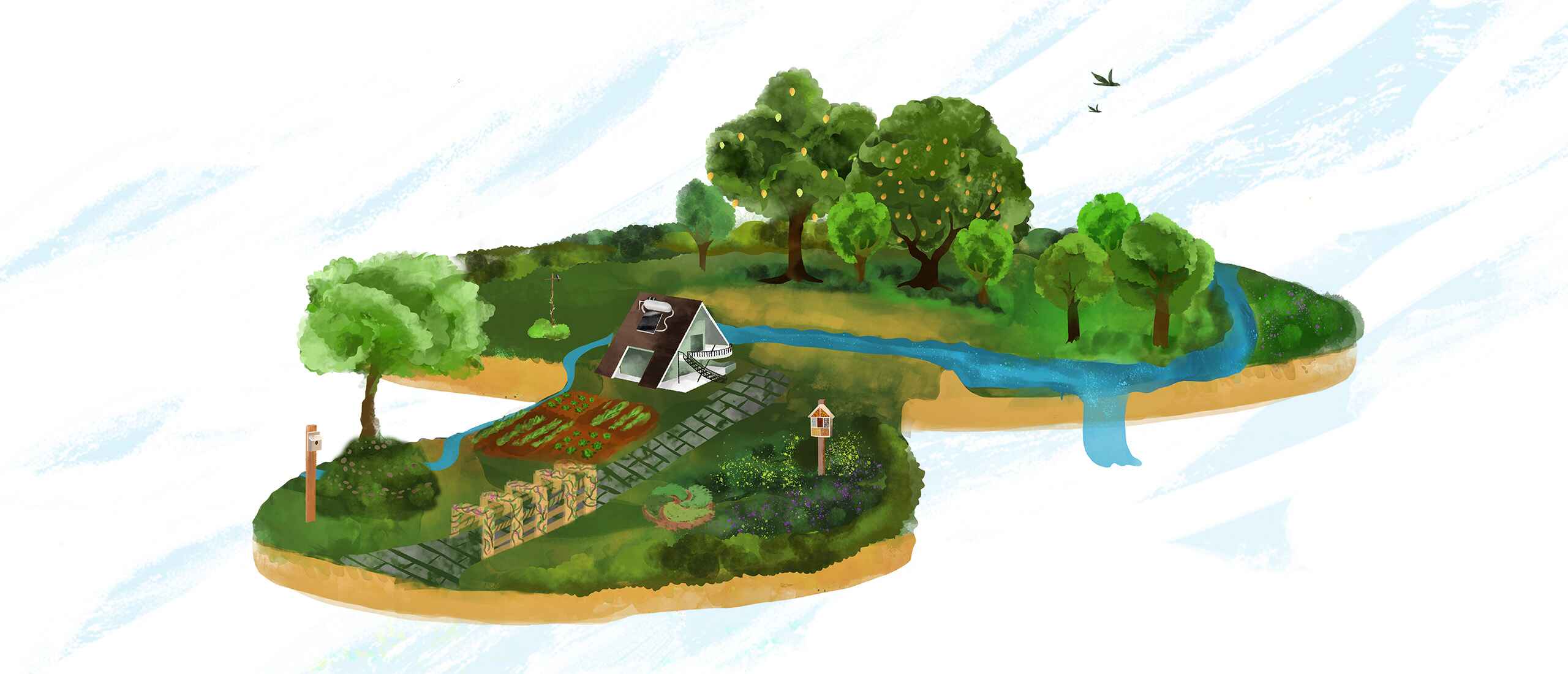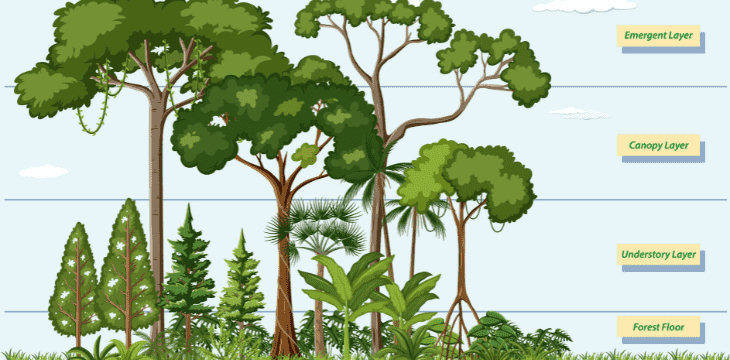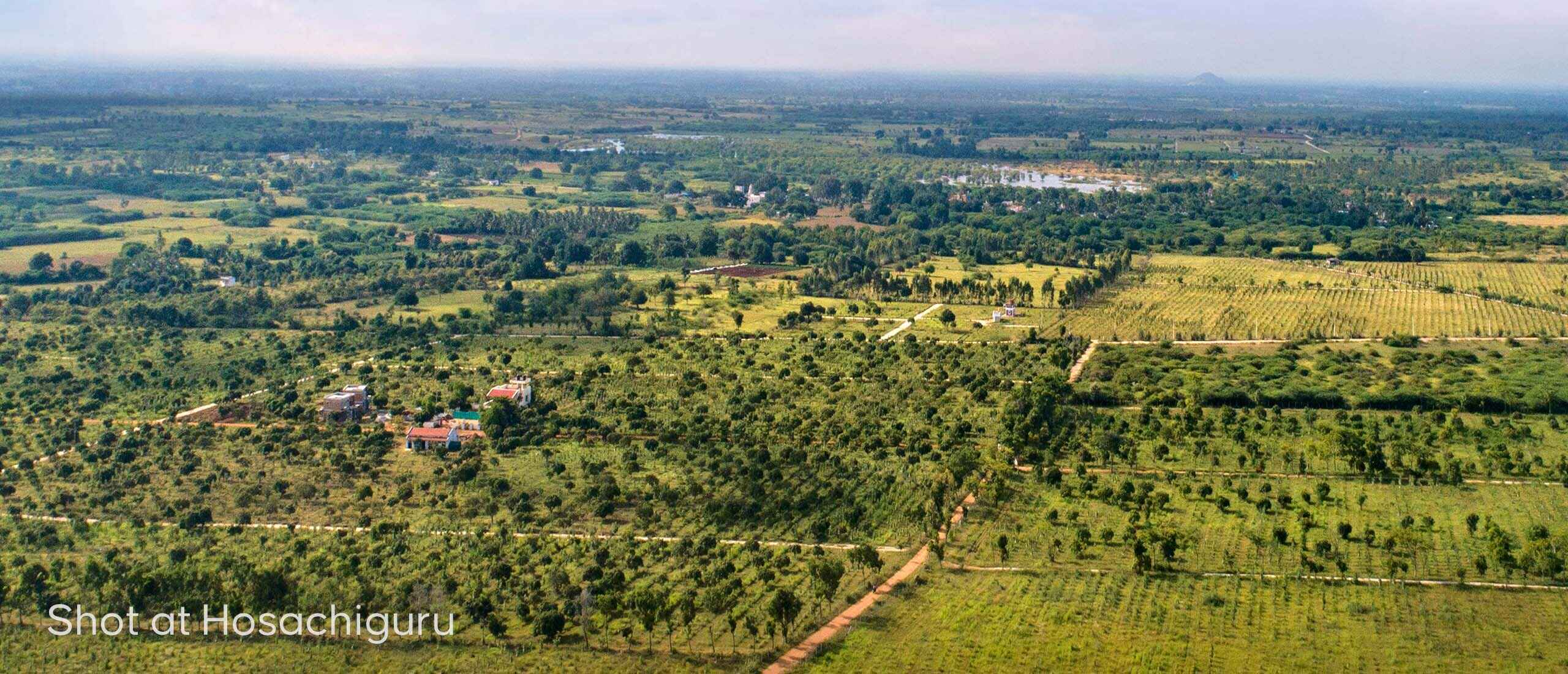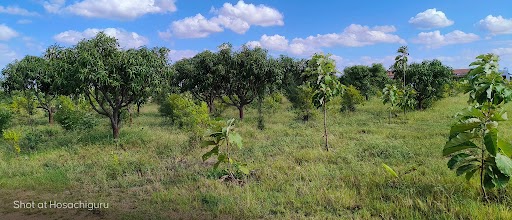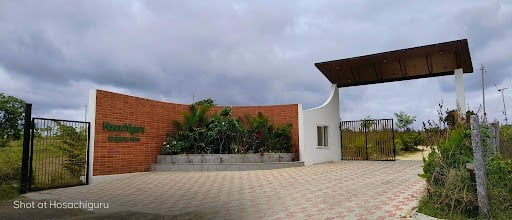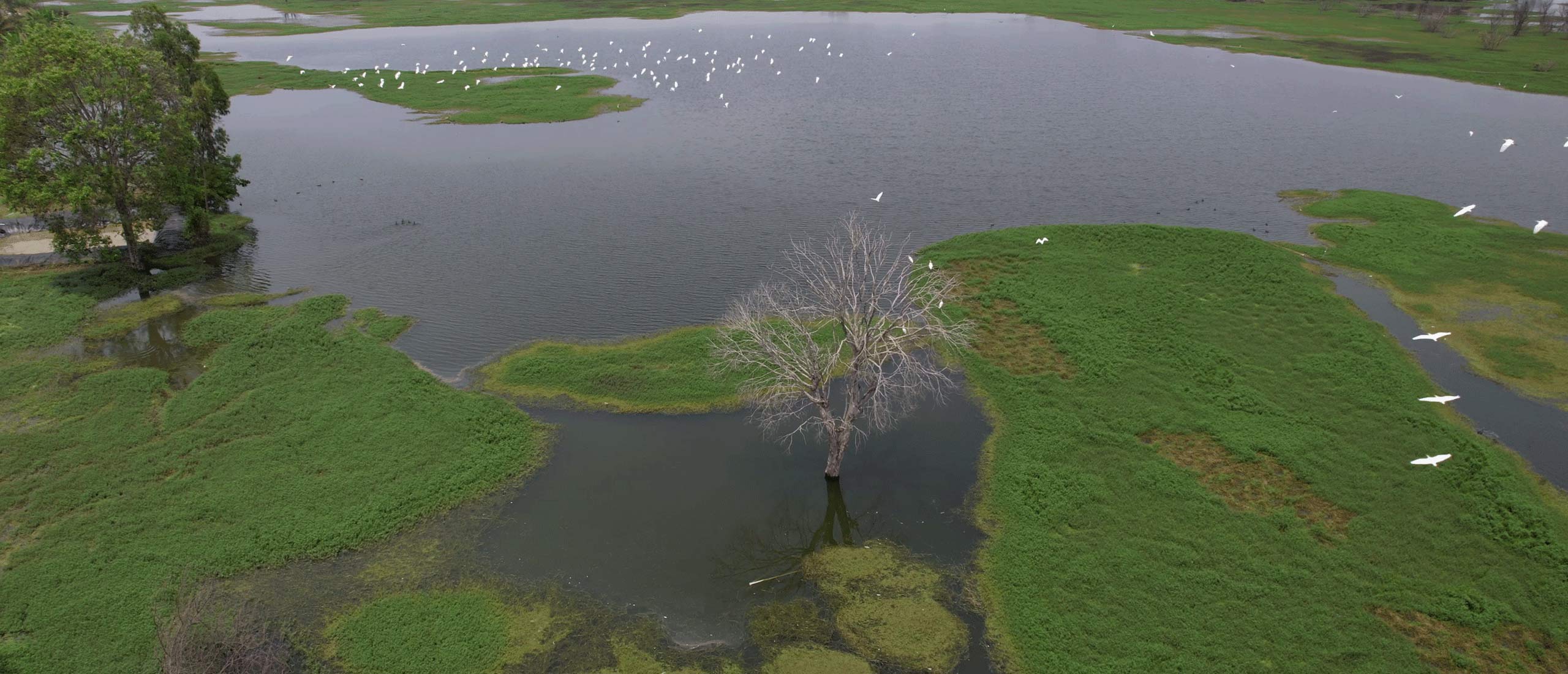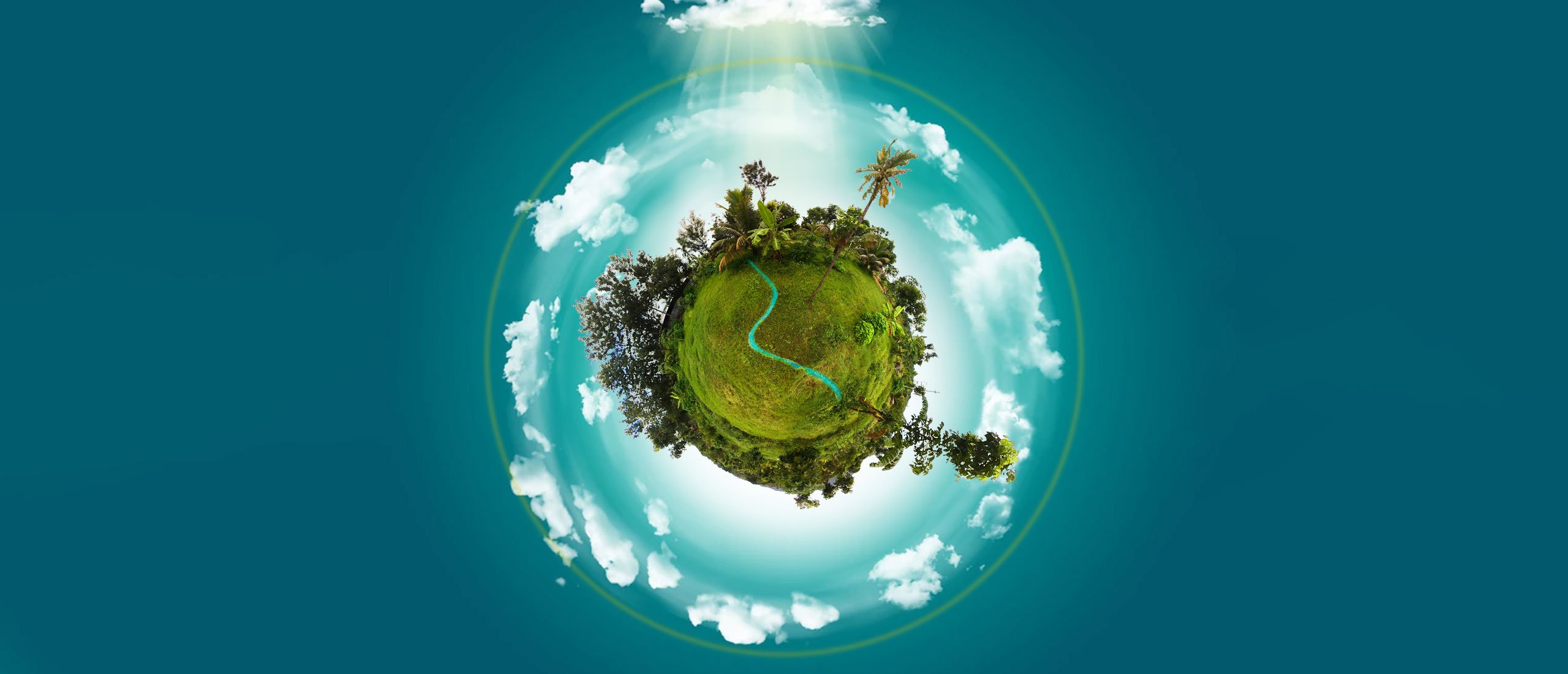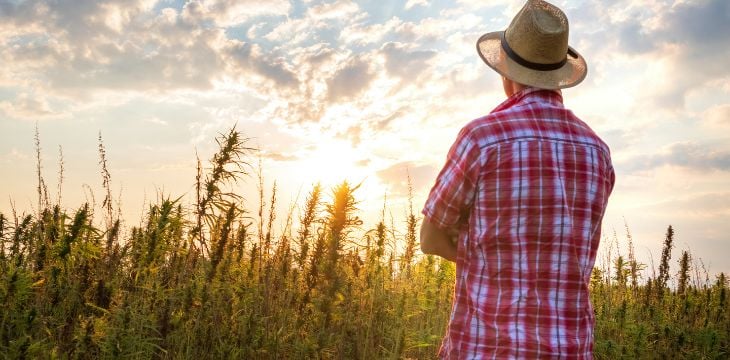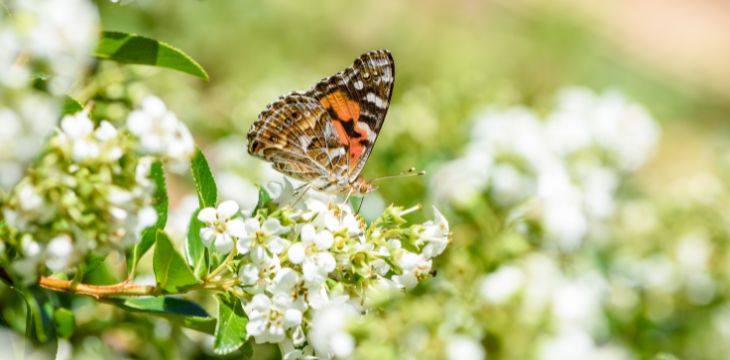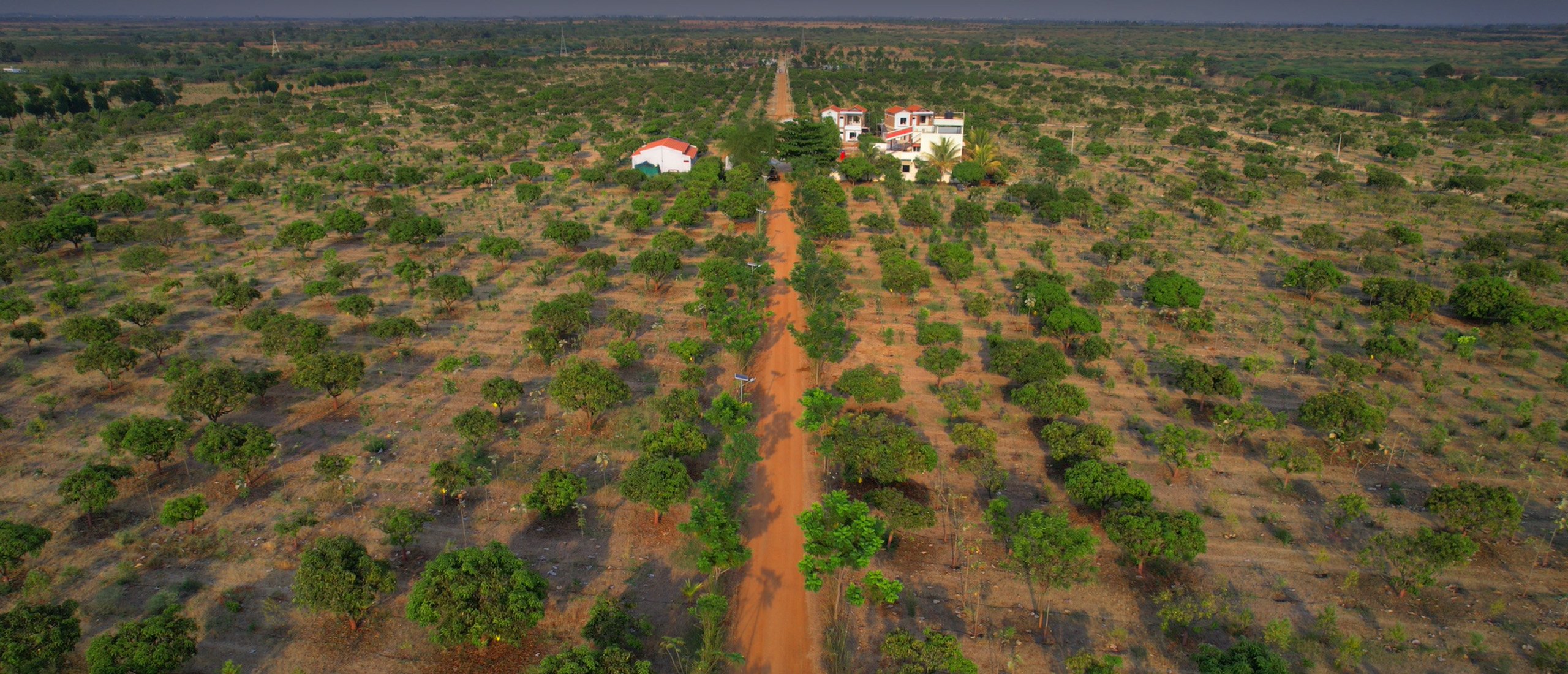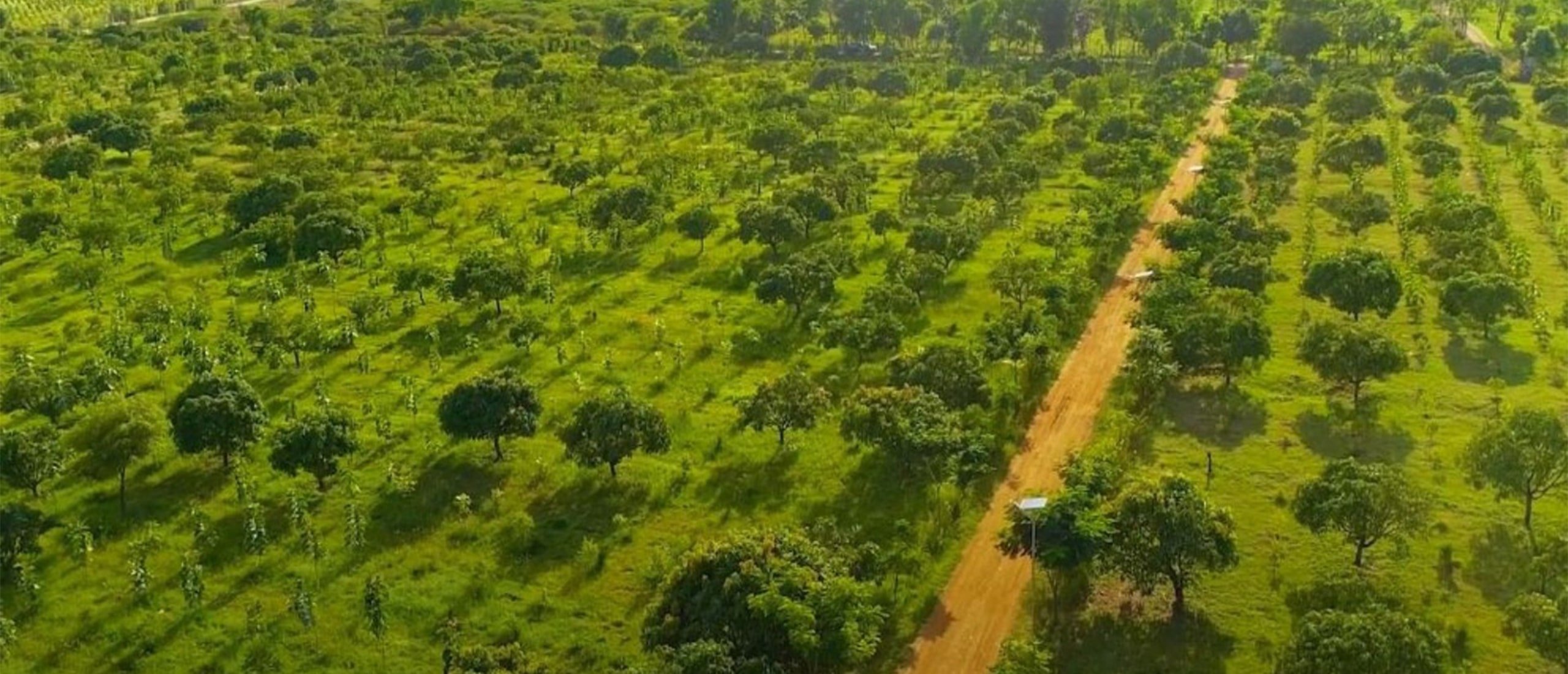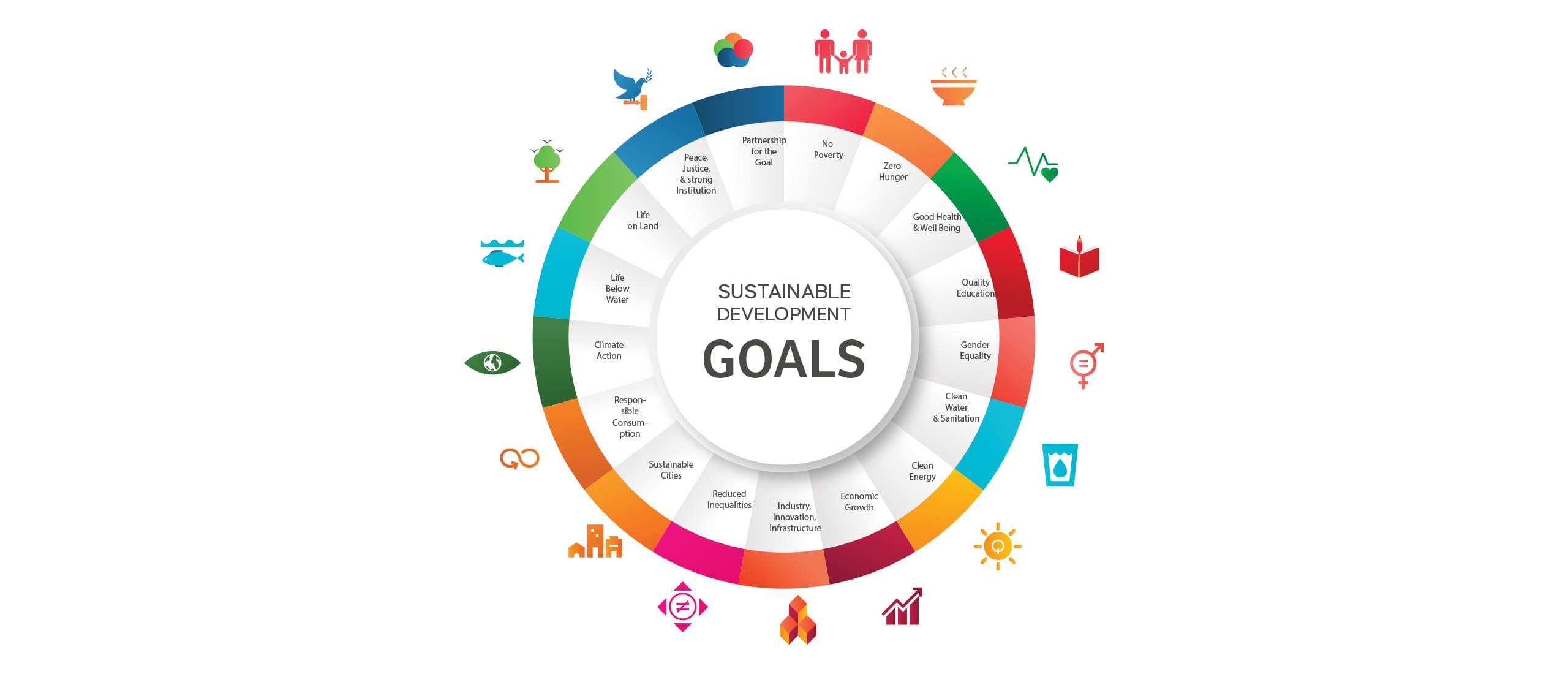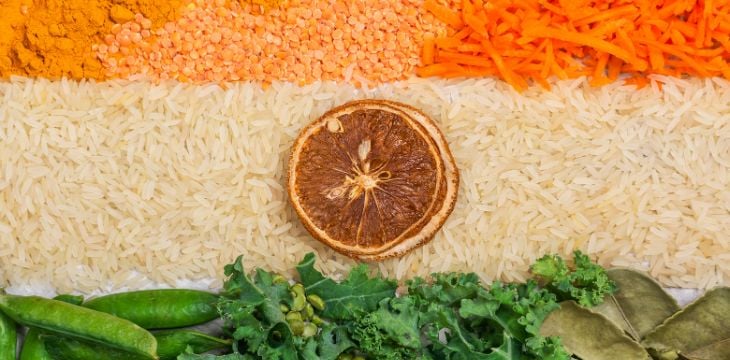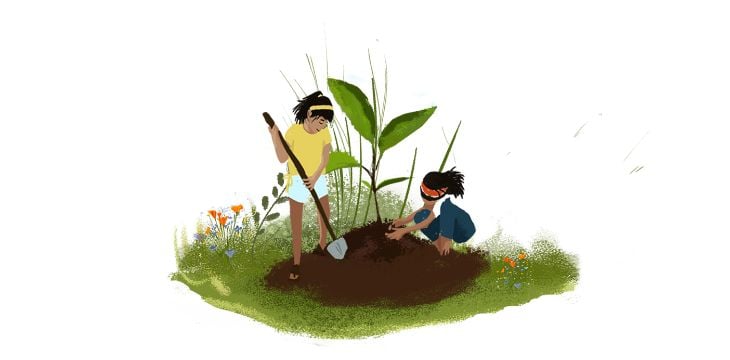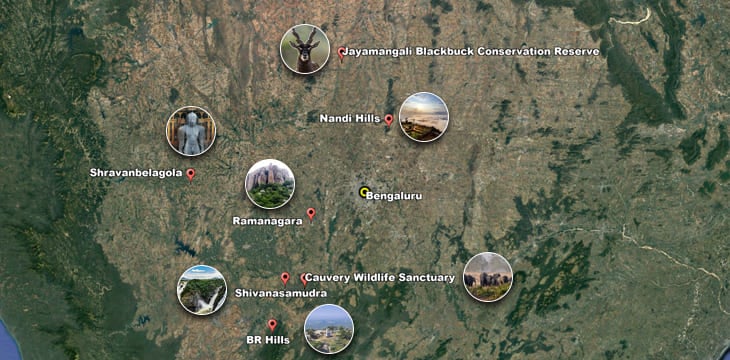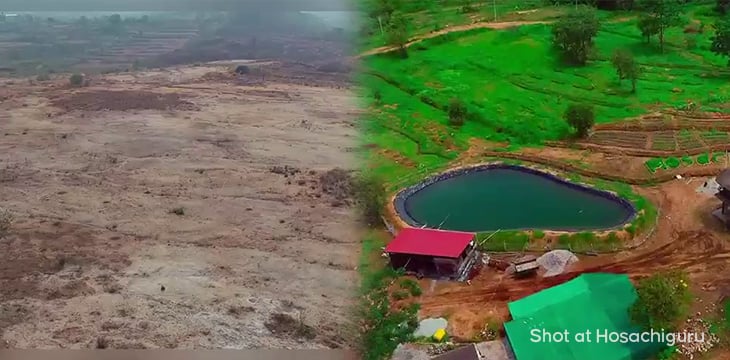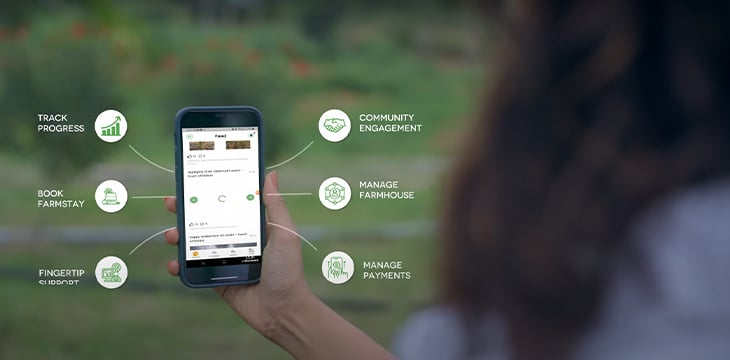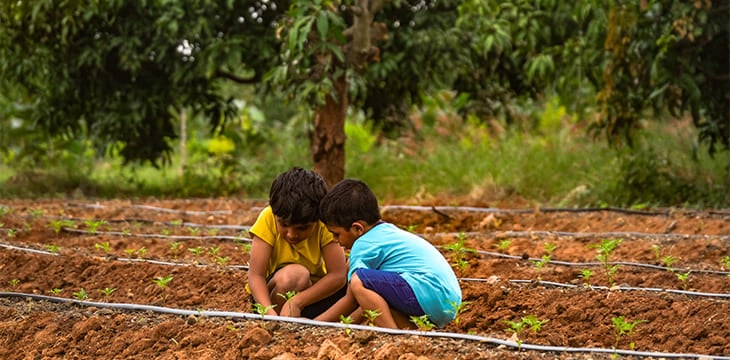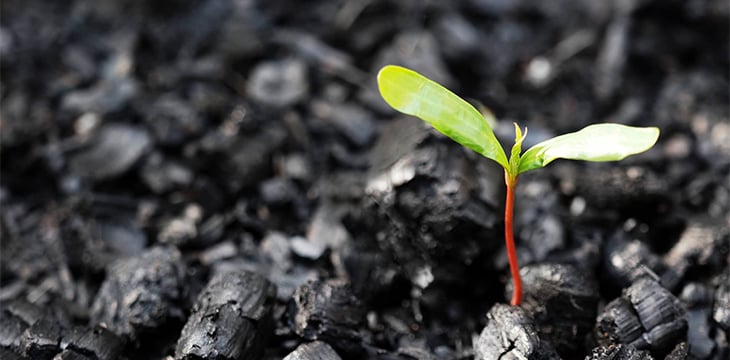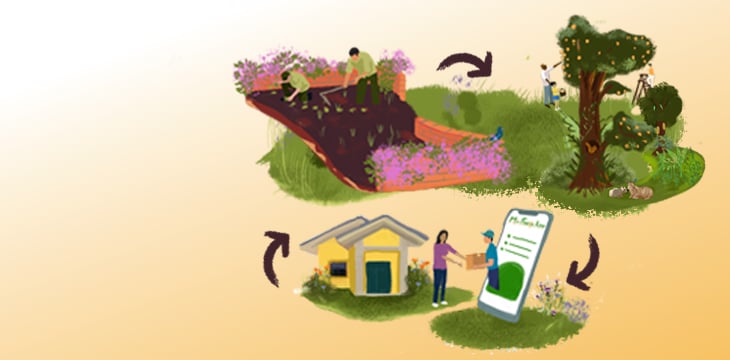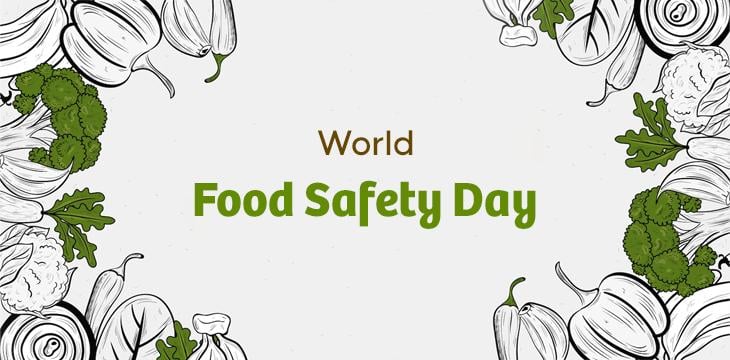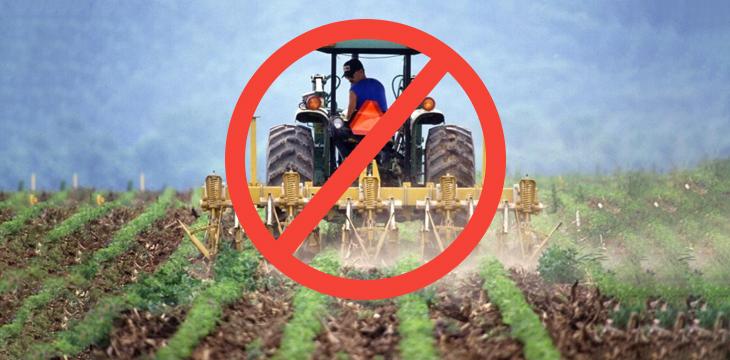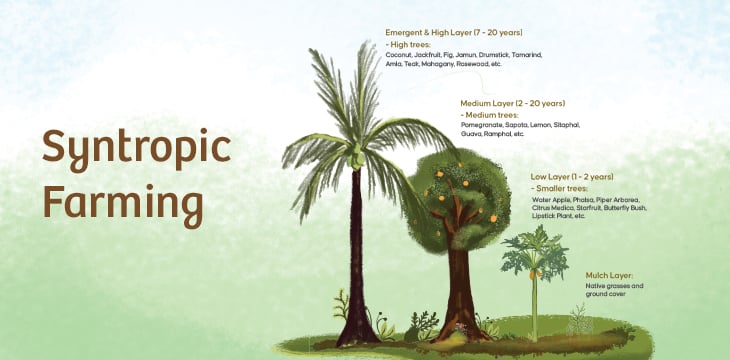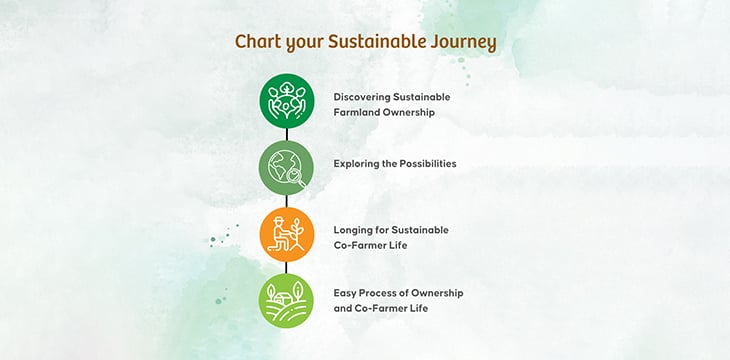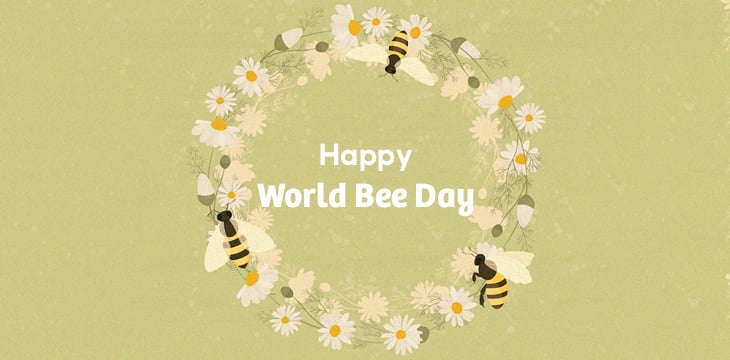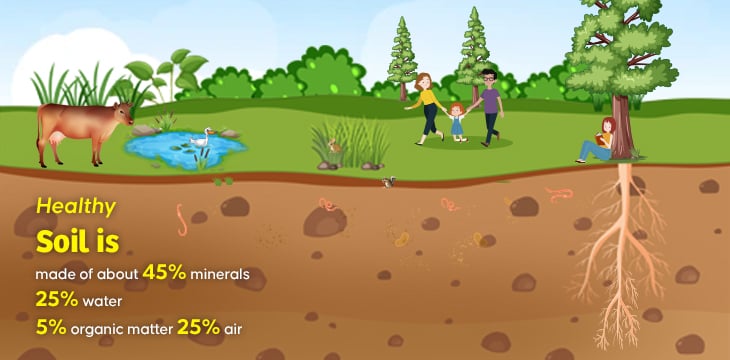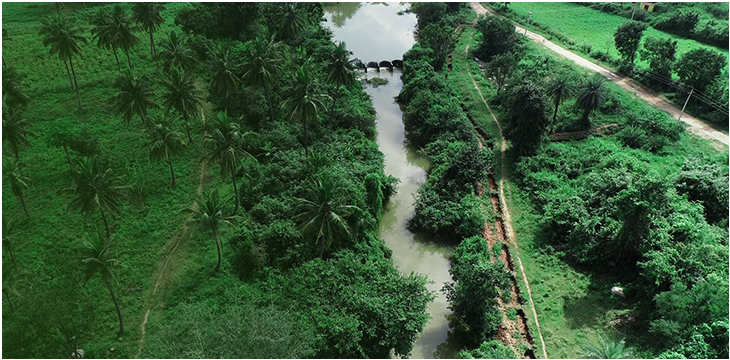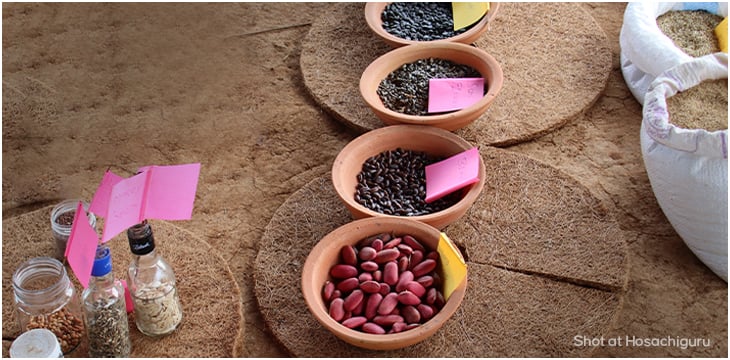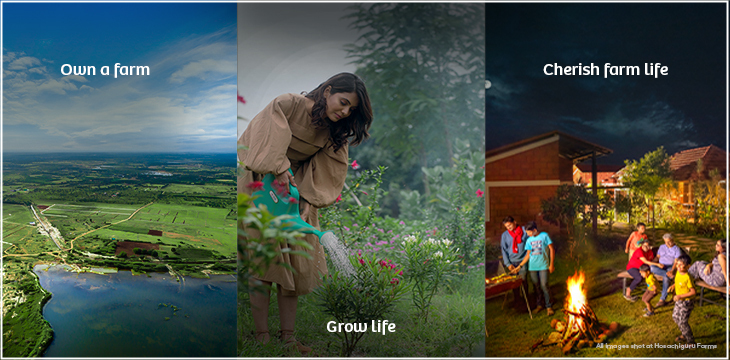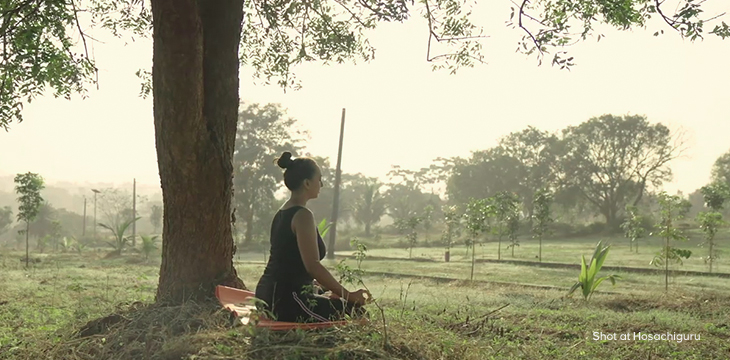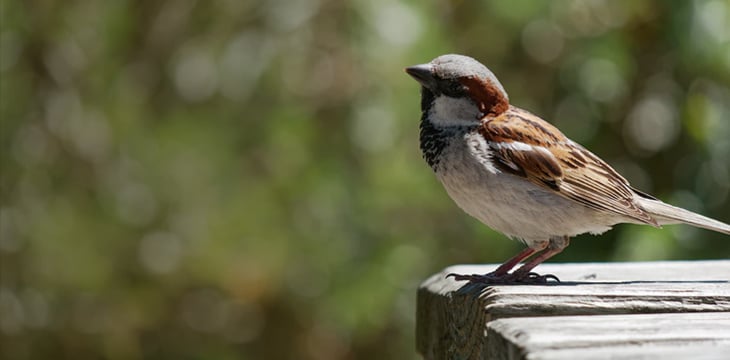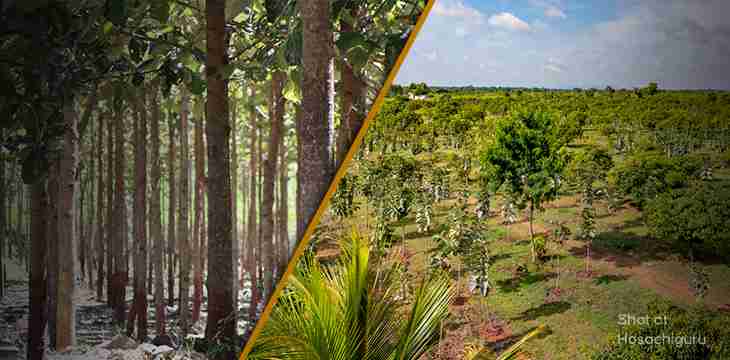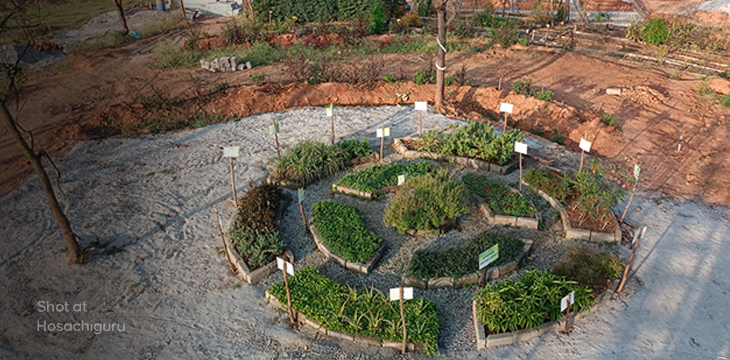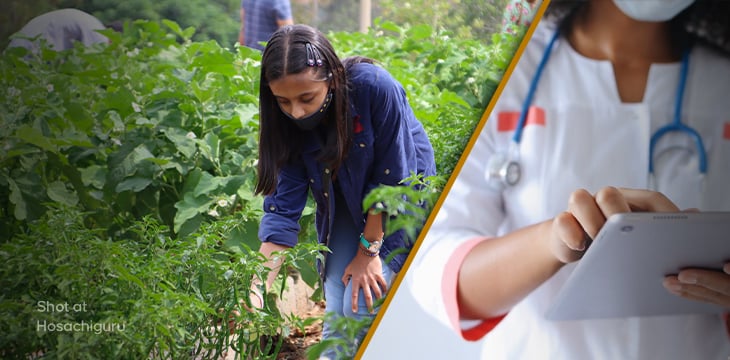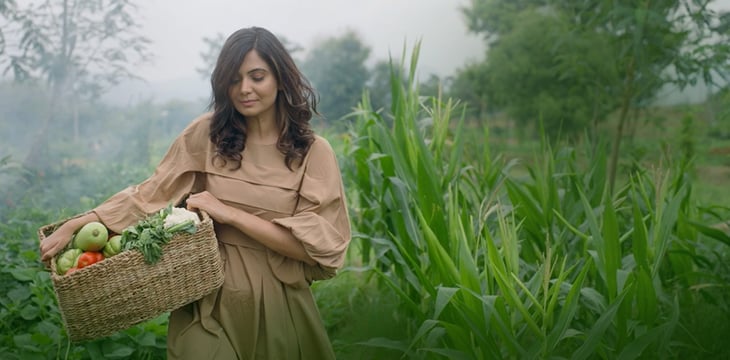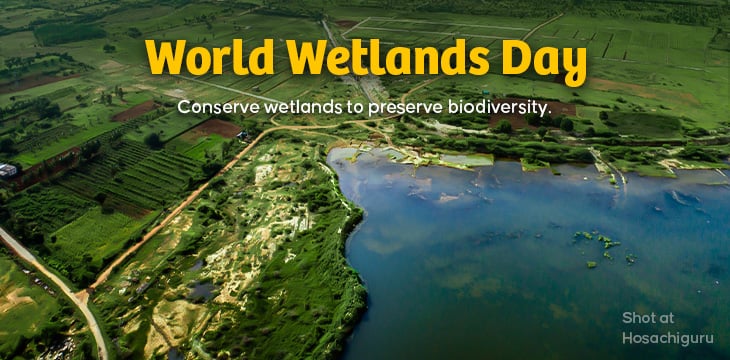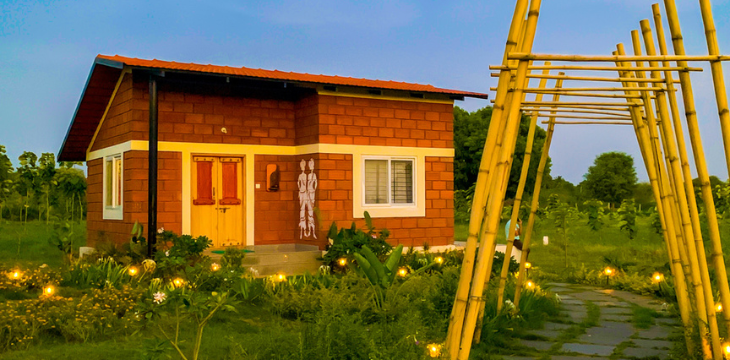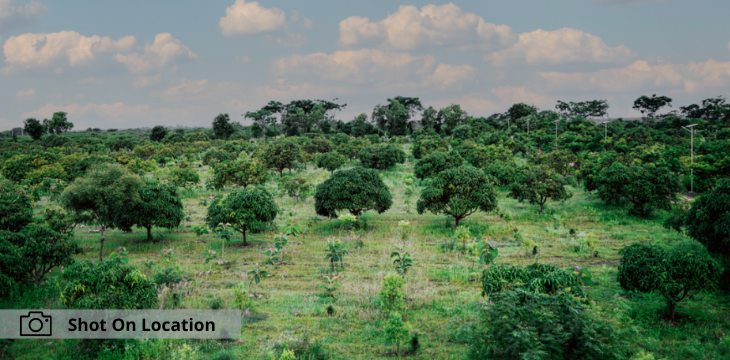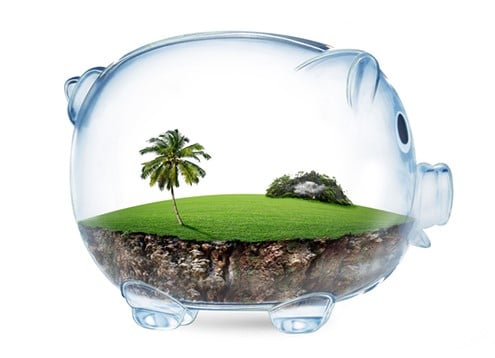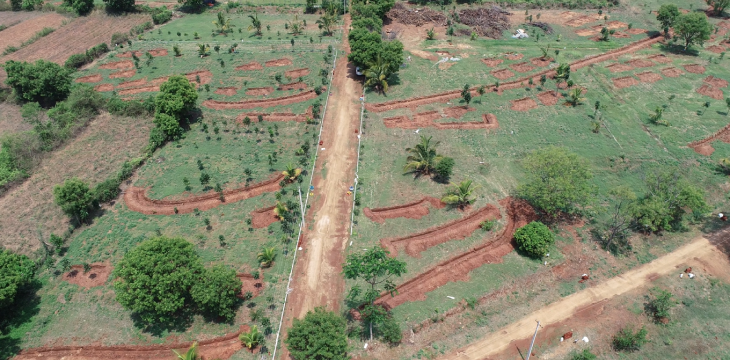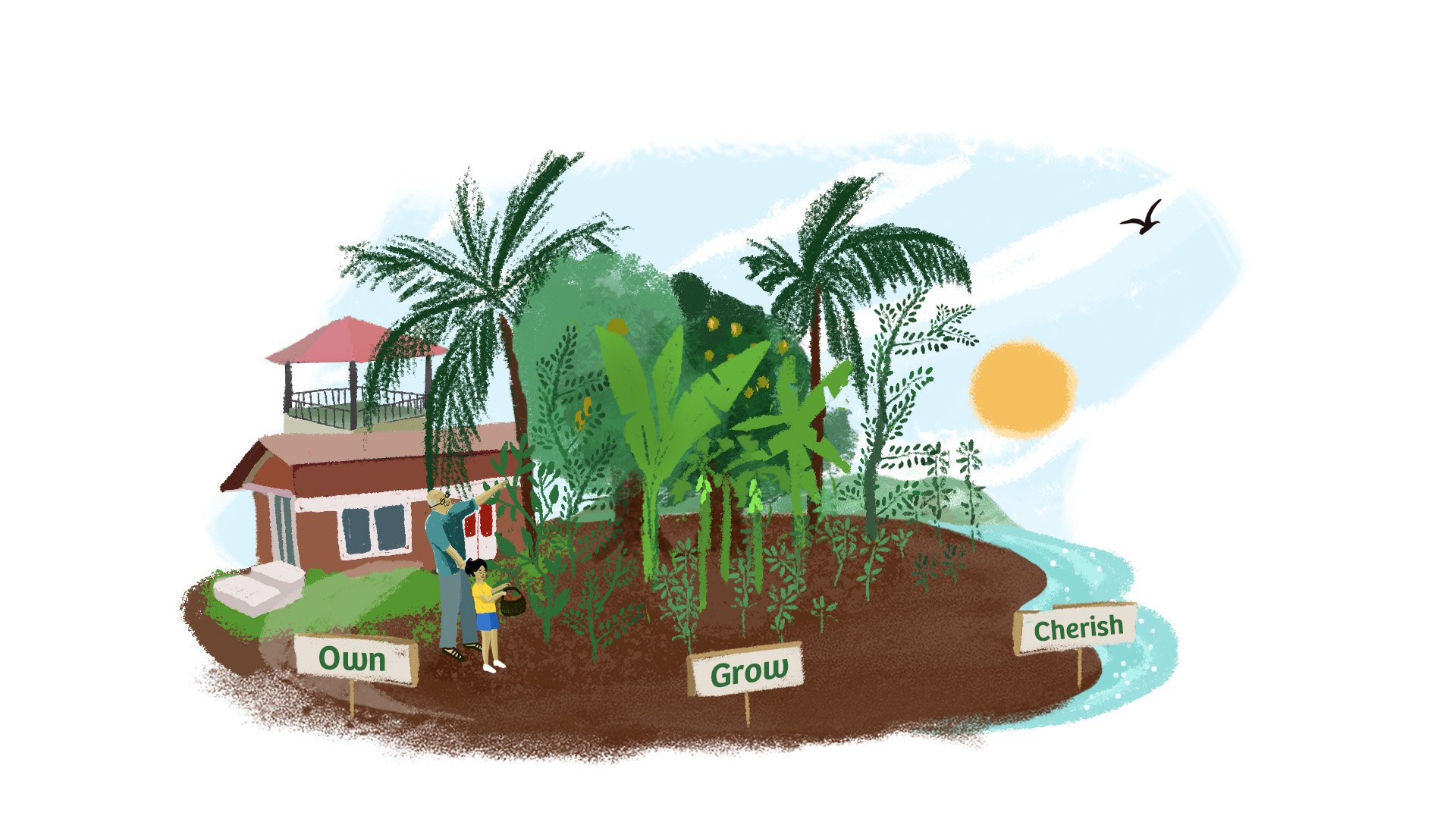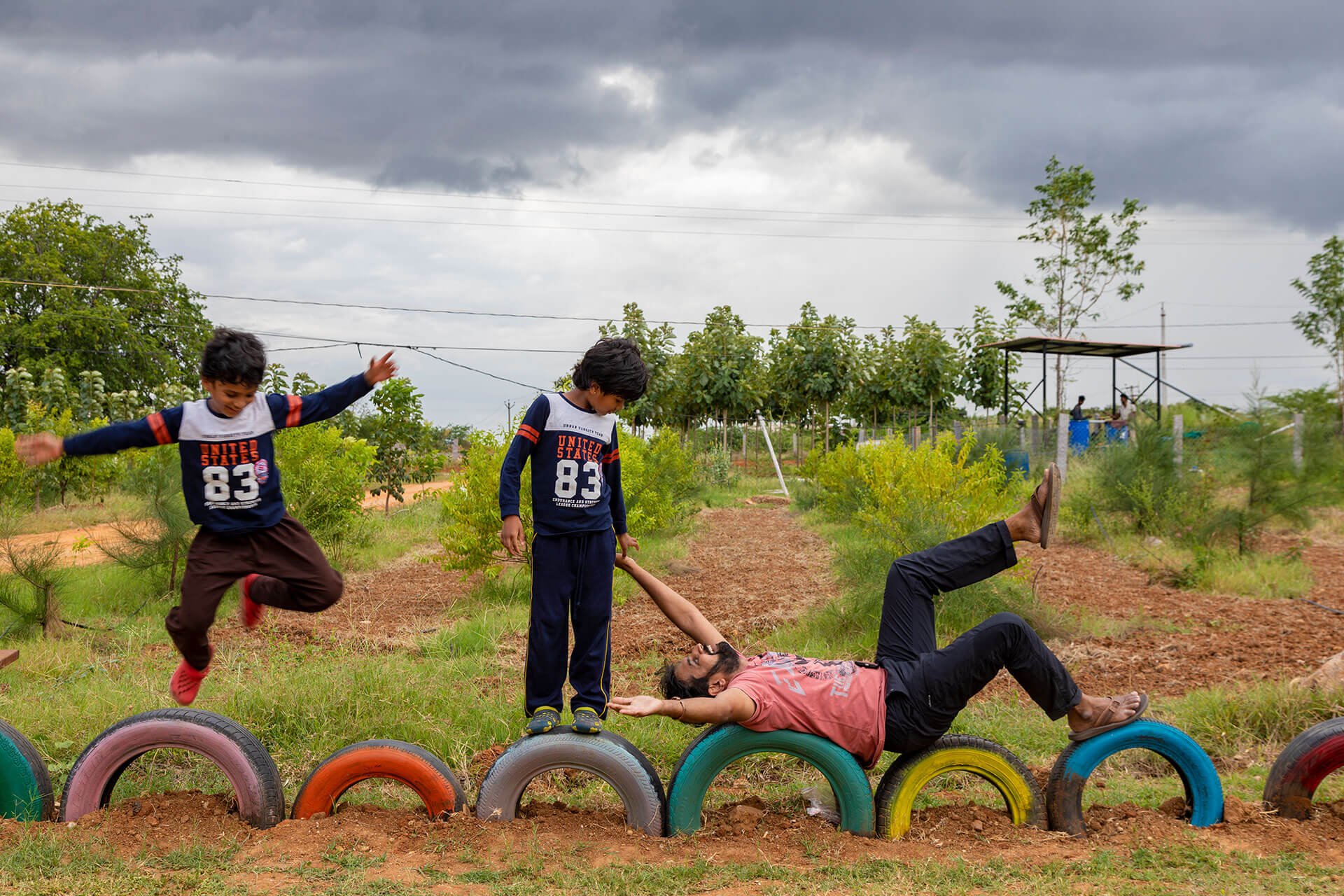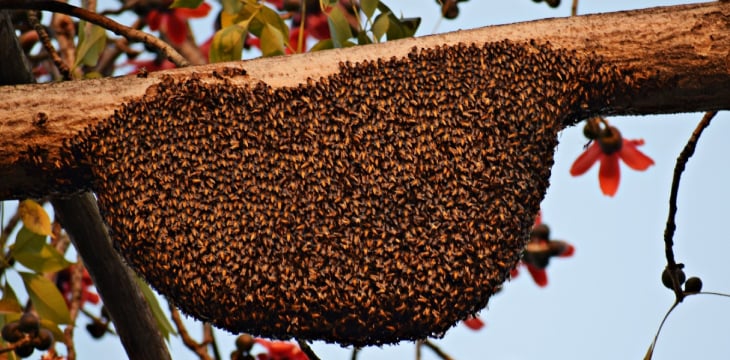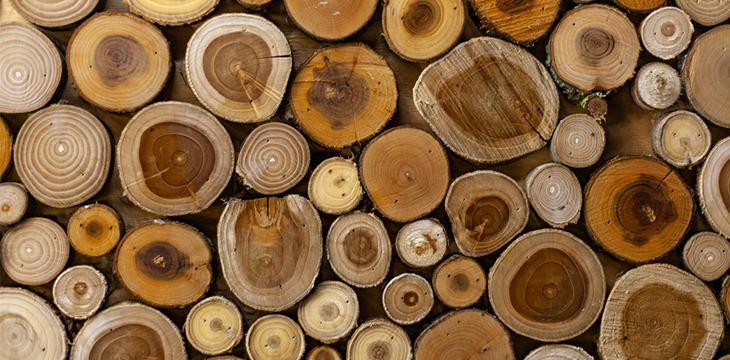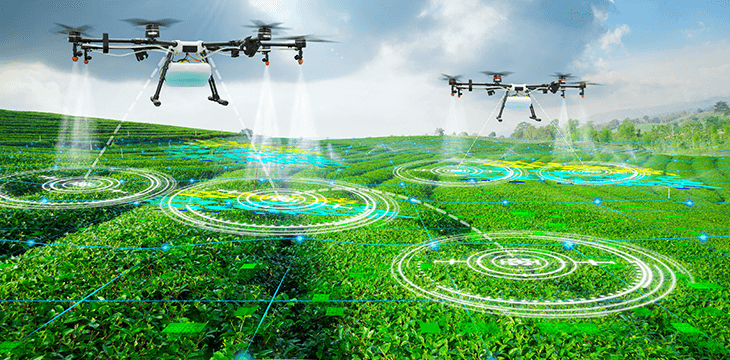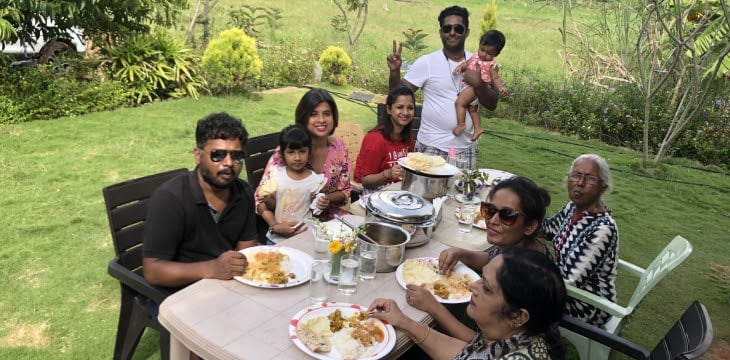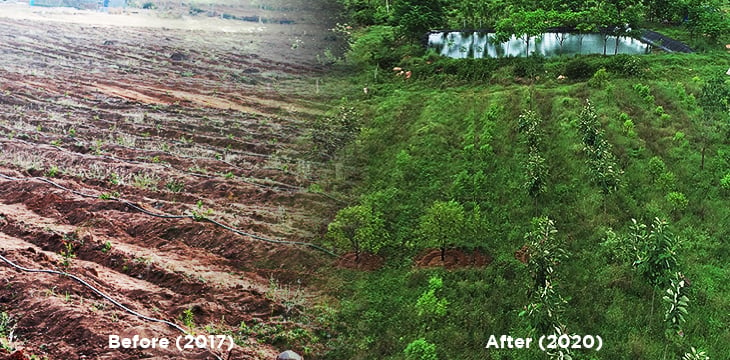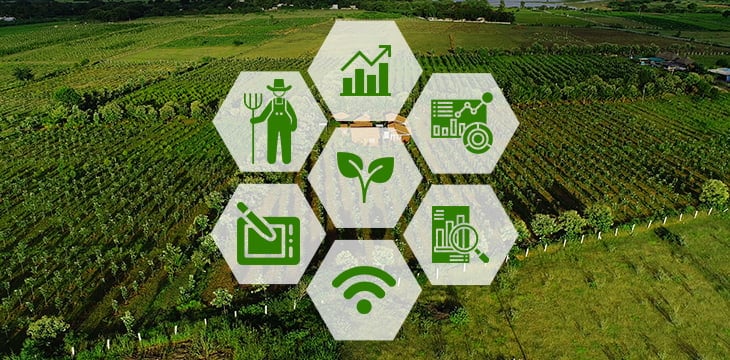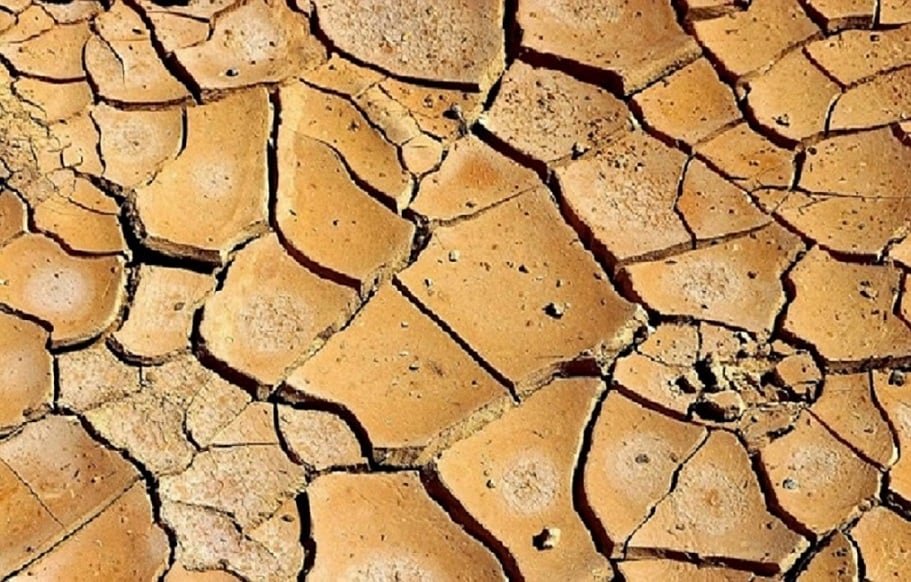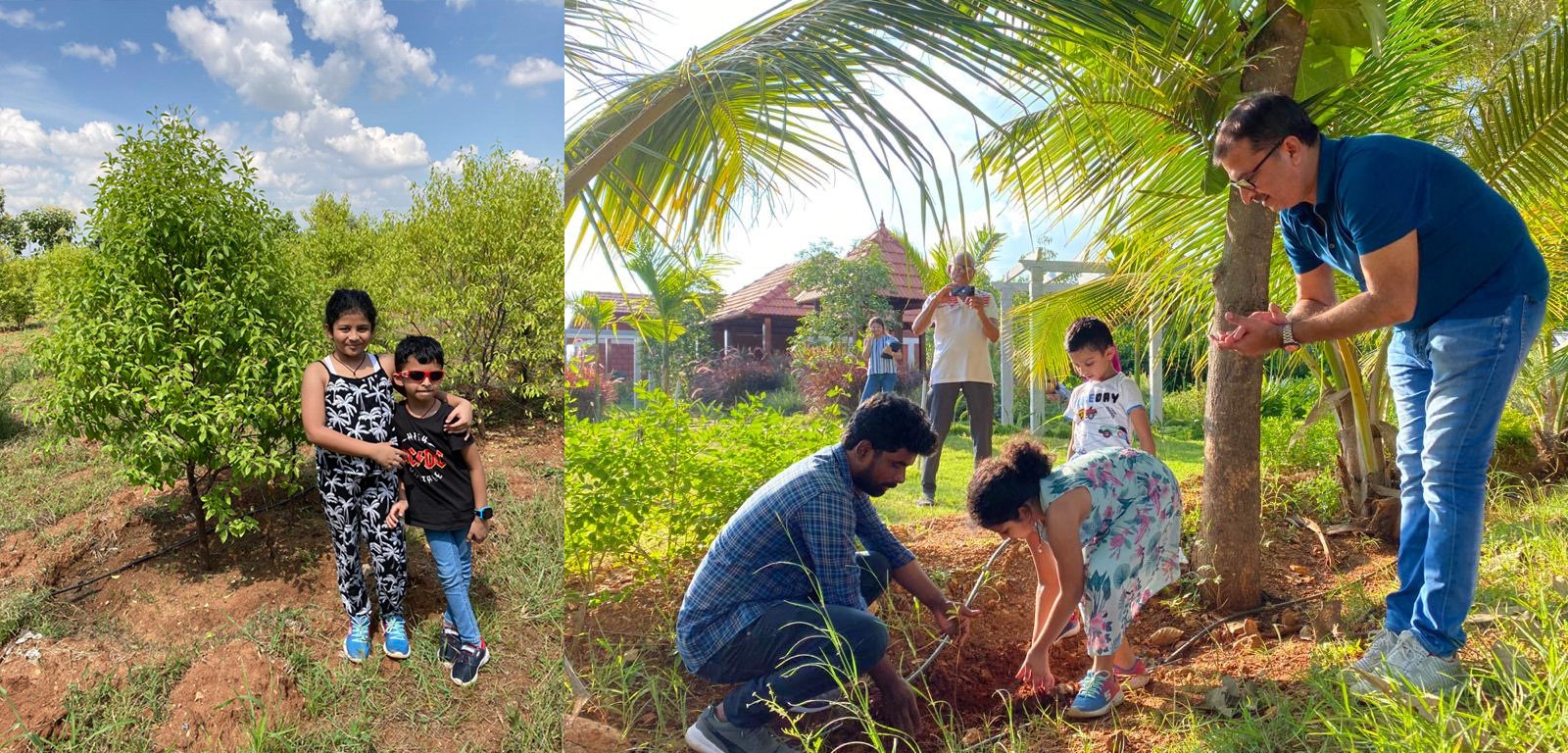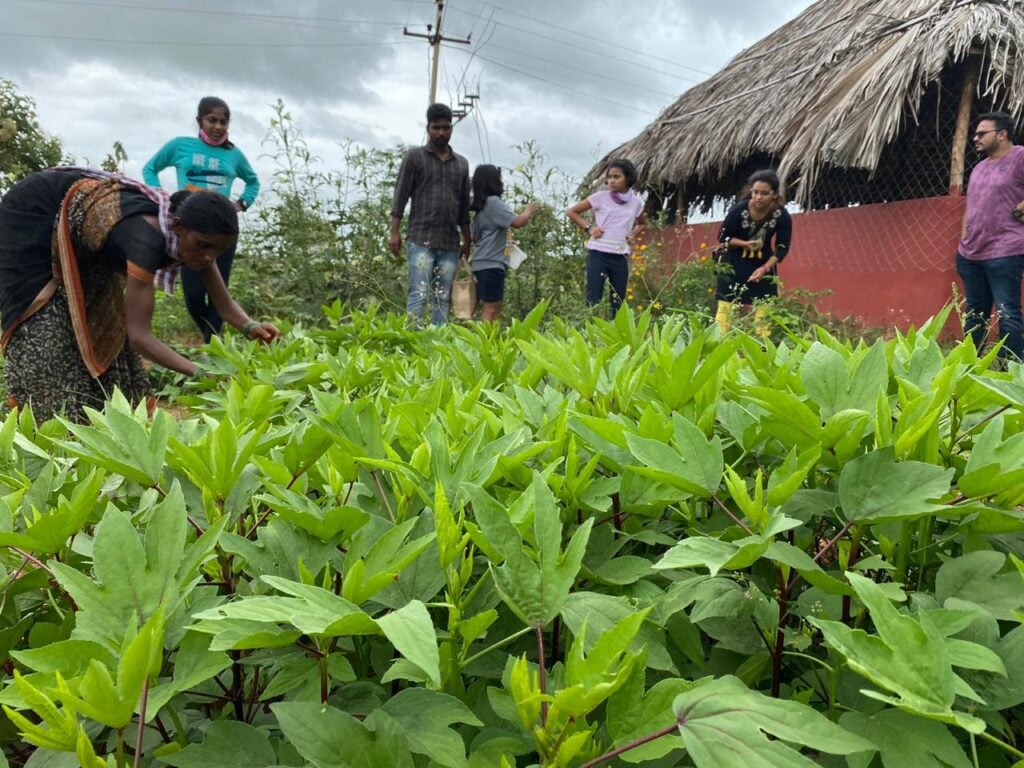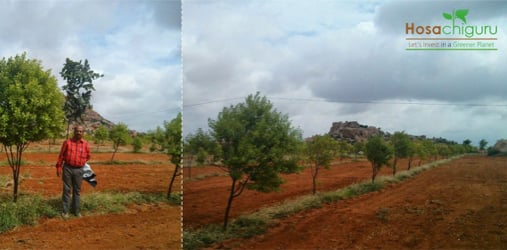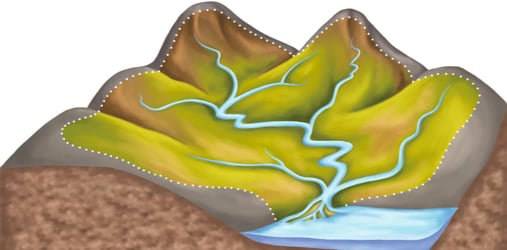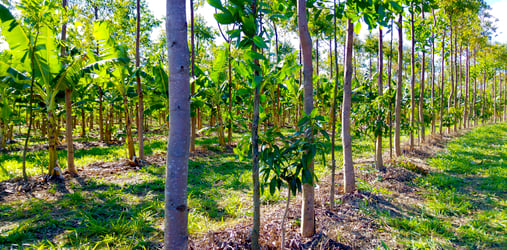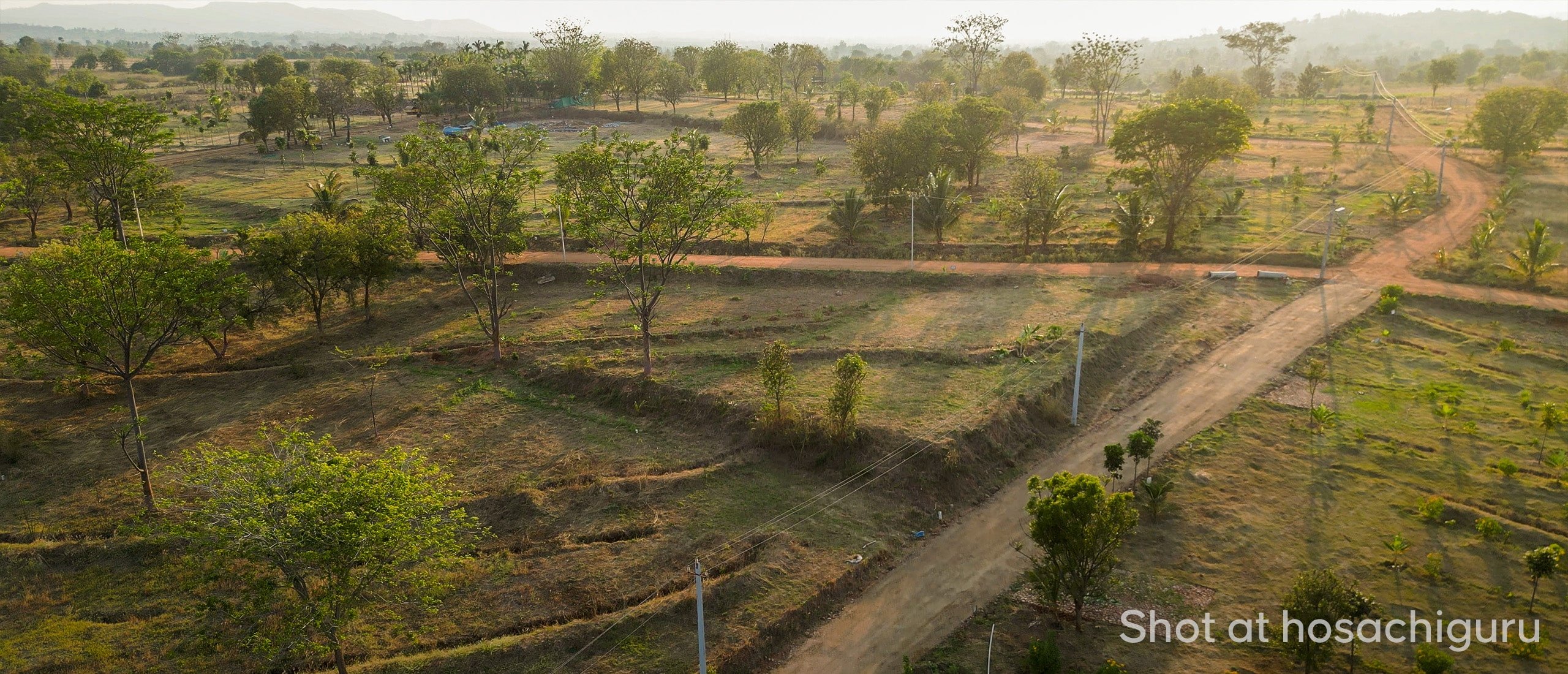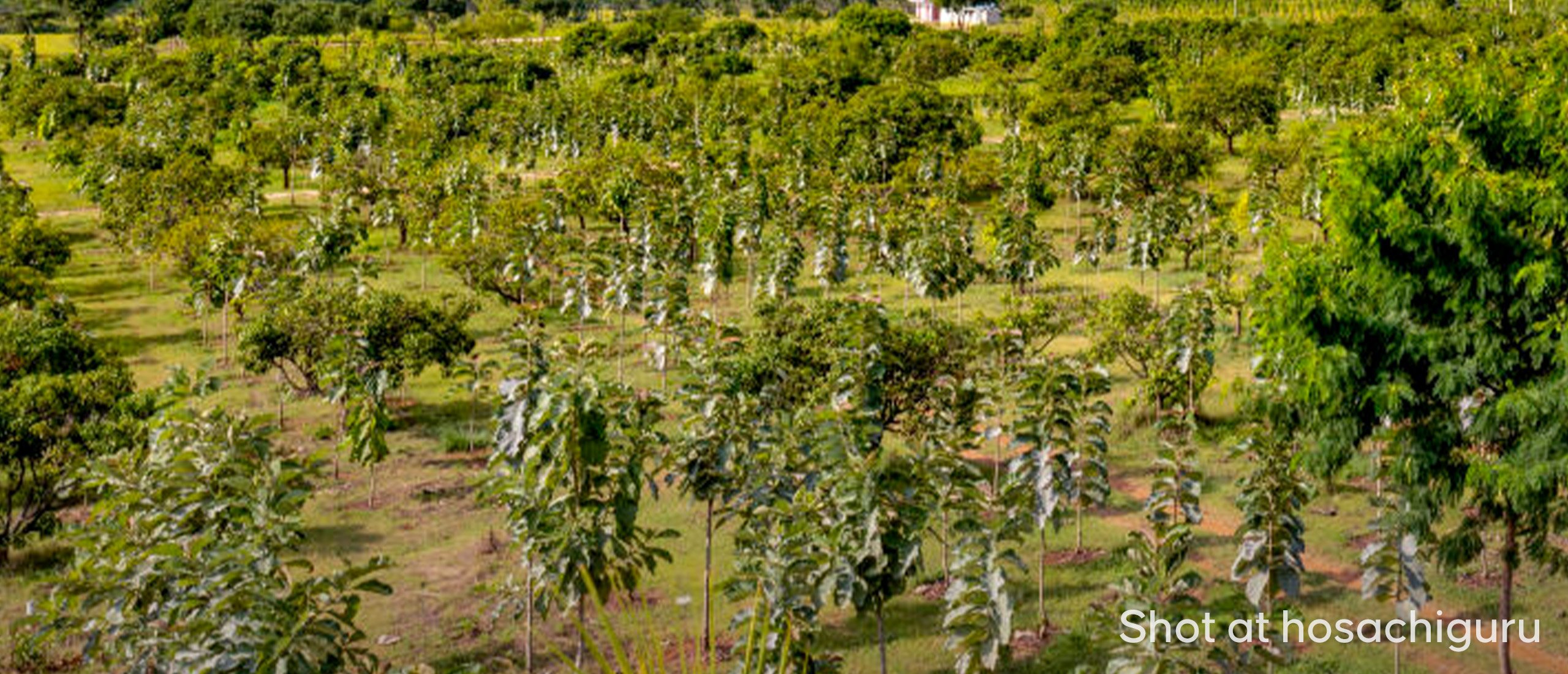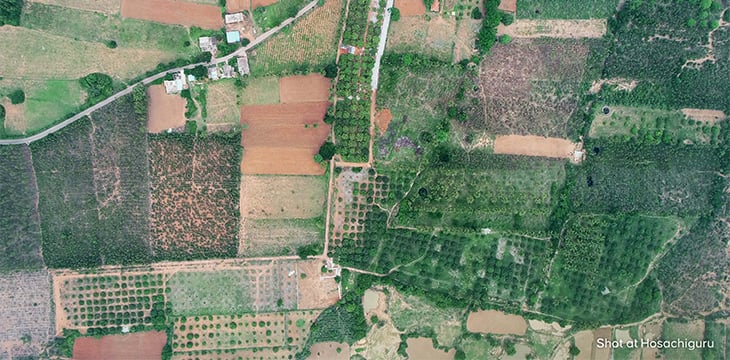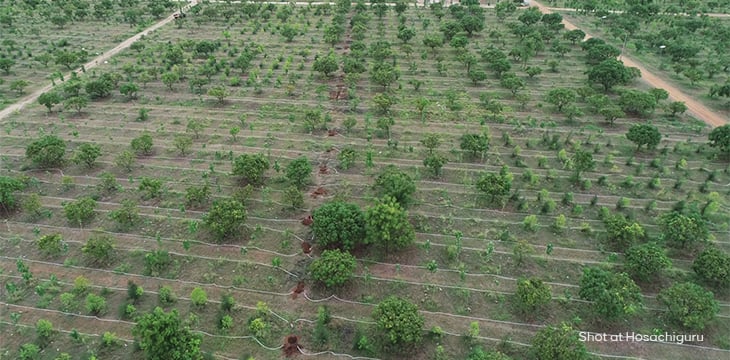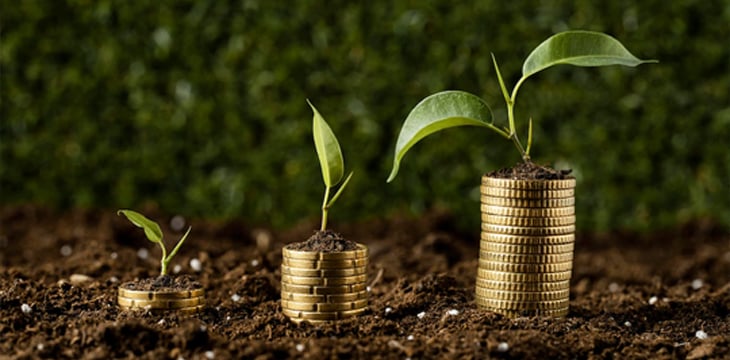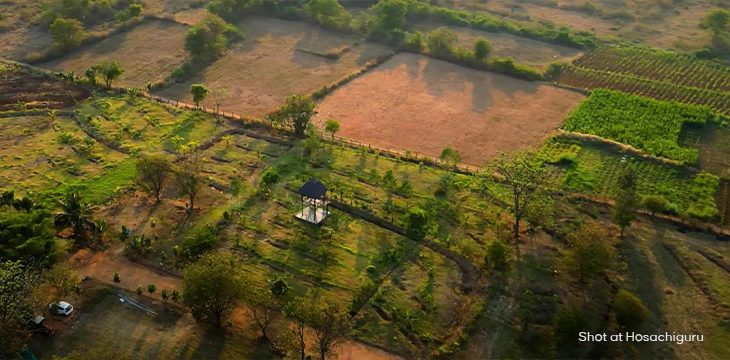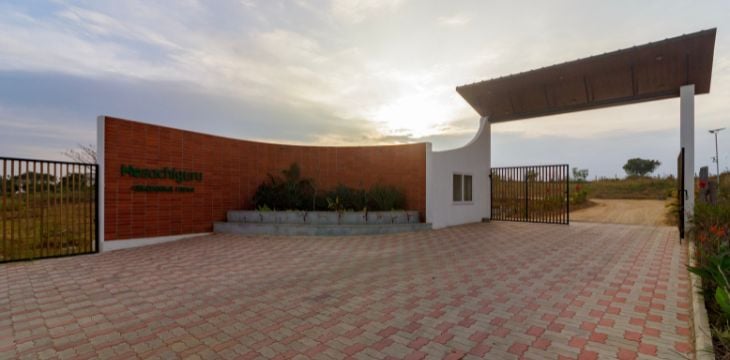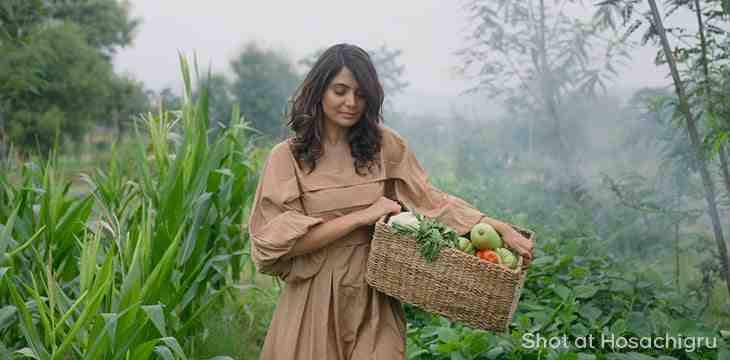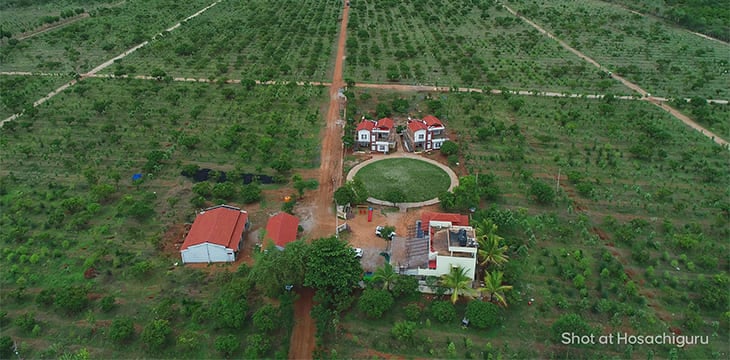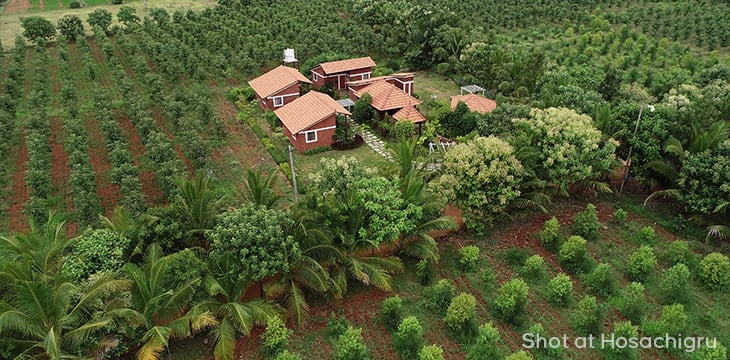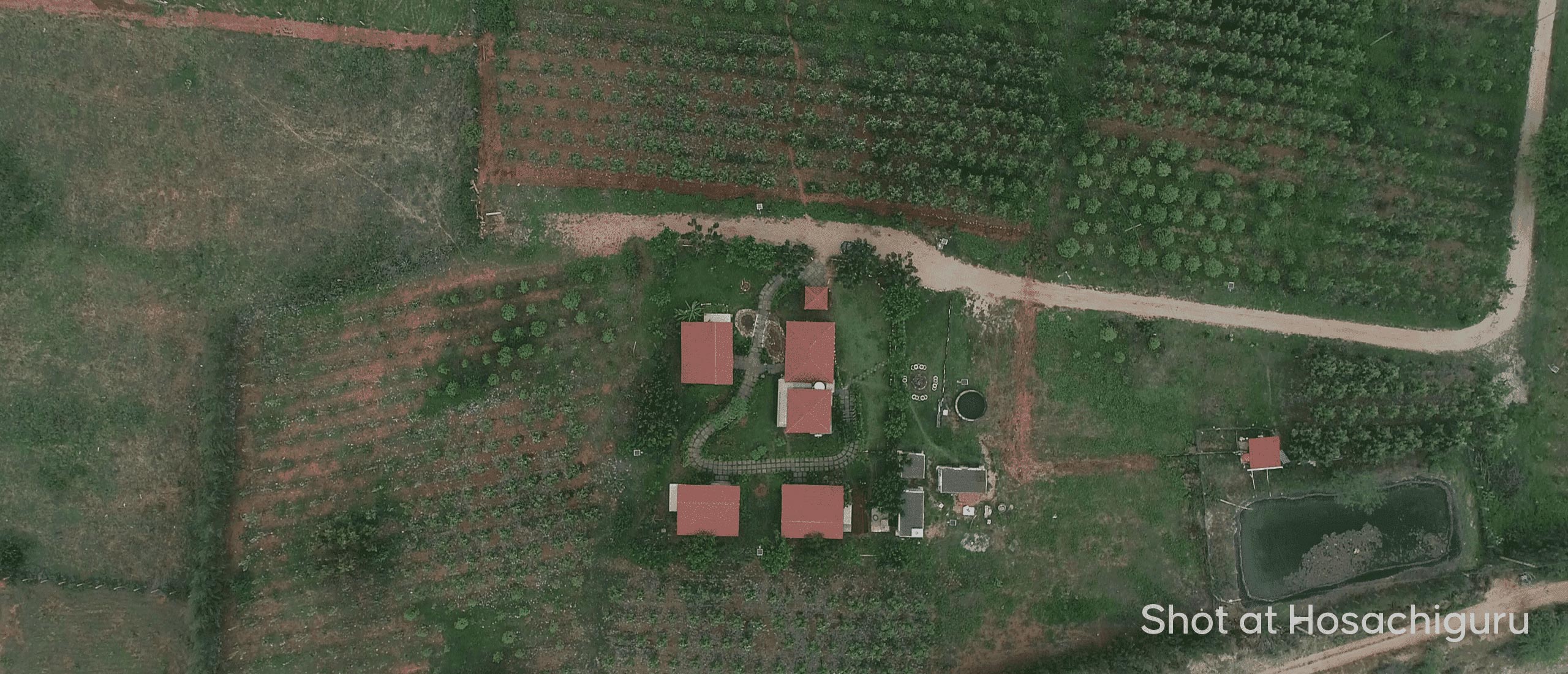July 28, 2023
“In the end, we will protect only what we love; we will love only what we understand; and we will understand only what we are taught.” – Baba Dioum, an environmentalist and agronomist from Senegal, West Africa.
Introduction
It’s imperative for young people today to know about and care for nature. Sometimes, with all the technological expertise and support we have today, we tend to forget about the amazing forests, oceans, and animals that exist. But we can change that! We can save the Earth, one person at a time, and that person could be you!
Every year, on July 28th, World Nature Conservation Day is celebrated, and people from all over the world come together to make a promise to take care of our planet. It’s a special day to remember how important nature is and to learn how we can protect it.
This day promotes awareness of our impact on nature and the need to protect it. It focuses on saving endangered species, preserving elements of nature, and leaving a healthy planet for future generations. We must embrace sustainable development, meeting present needs without compromising the ability of future generations to meet their own. This day also raises awareness about finding a balance between economic growth, environmental protection, and social responsibility. Individuals also have the power to make a difference through their actions.
The Importance of Nature Conservation
We have a responsibility to protect nature for now and for the kids of the future. It’s like we’re borrowing the land from them, not just taking it for ourselves.
We should think about how our actions affect nature, not just use it without care. We need to be mindful of what we consume and how it impacts the environment. By being more aware, we can take better care of nature and make a positive difference.
The problems we face today might not be deadly right away, but they do show us a warning for the future. This is the Era of Responsibility, where we all need to take responsible action.
World Nature Conservation Day aims to teach us about sustainable development. That means finding ways to meet our needs while still protecting the environment and being socially responsible. It’s not just about planting trees or taking care of the soil; it’s also about bringing more diversity to nature and balancing our ecosystem. We need to be aware of how our food is grown, from seed to our plate, and how it affects plants and animals. Everything we do has an impact on our environment and future generations. So, knowing the facts and being mindful of our actions is vital for all of us. At Hosachiguru, we work to conserve nature by increasing biodiversity using permaculture principles and regenerative farming practices on our managed farmlands.
Hosachiguru-Nurturing Our Farmlands with Regenerative Practices
At Hosachiguru-managed farmlands, we take immense pride in our commitment to nature conservation. Our mission is to revolutionize the way farmlands are managed, fostering a symbiotic relationship between humans and the environment.
Our core philosophy revolves around regenerative farming practices and permaculture principles, which form the foundation of our approach. Unlike conventional farming methods that often degrade soil health and harm the environment, regenerative farming focuses on restoring and revitalizing the soil and ecosystems. By following these practices, we can ensure the longevity of our farmlands while preserving the natural biodiversity of the region.
Preserving Soil Fertility
At Hosachiguru, we believe that healthy soil is the key to successful and sustainable agriculture. Our agronomy team meticulously manages soil fertility through various natural techniques, such as mulching, composting, minimal tillage, etc. By embracing these practices, we not only enhance soil fertility but also reduce erosion and the risk of nutrient depletion.
Heirloom Seeds: Safeguarding Genetic Diversity
The use of heirloom seeds is at the heart of our conservation efforts. Unlike hybrid or genetically modified seeds, heirloom seeds are open-pollinated and have been passed down through generations. By planting these seeds on Hosachiguru-managed farmlands, we contribute to safeguarding genetic diversity and preserving plant species that are well-adapted to the local environment. This practice also allows us to produce healthy and unique crops, fostering a harmonious coexistence between agriculture and nature.
Banishing Chemical-Based Fertilizers
To ensure the long-term health of our farmlands, we have completely eliminated the use of chemical-based fertilizers. Instead, we rely on natural fertilizers, that are made on the farm and by the ingredients available at the farm. Compost and manure are prepared, jeevamrutha is also made at the farm using Goshala inputs to enrich the soil with essential nutrients. This not only protects the land and surrounding ecosystems from chemical pollution but also promotes the growth of nutrient-rich and chemical-free produce.
Pest Management the Natural Way
Pest management is a critical aspect of sustainable agriculture. Instead of resorting to harmful pesticides, we embrace integrated pest management (IPM) techniques. These methods involve using natural predators, trap crops, and beneficial insects to control pest populations effectively. By doing so, we maintain a delicate balance in the ecosystem, minimizing the impact on non-target species and promoting biodiversity. Natural concoctions for pest management such as Neemastra, Agniastra, and Bhramastra are made with the ingredients available at the farm.
The Lifecycle: From Saplings to Towering Trees
Our commitment to nurturing farmlands goes beyond just planting saplings. We take pride in overseeing the entire lifecycle of the plants on our farm plots. From the moment a seedling takes root in the soil until it grows into a magnificent tree, our agronomy team ensures that every step is carefully managed.
Groundwater Management: Sustaining Nature’s Lifeline
As an agriculture company that understands the value of water, we prioritize responsible groundwater management. Our practices are designed to enhance the groundwater table, promoting water conservation and minimizing wastage. By employing techniques like rainwater harvesting and contour bunding, we aim to maintain a sustainable balance between water usage and preservation.
Conclusion:
On World Nature Conservation Day, we celebrate not only our planet’s extraordinary biodiversity but also our role in preserving it for future generations. At Hosachiguru, our commitment to regenerative farming practices and permaculture principles reflects our dedication to sustainable agriculture and environmental harmony. By nurturing our farmlands with care and mindfulness, we create a thriving ecosystem where nature and agriculture coexist harmoniously. As we move forward, we pledge to continue our efforts to safeguard nature, one farm at a time, and inspire others to join us on this journey of conservation and prosperity.
